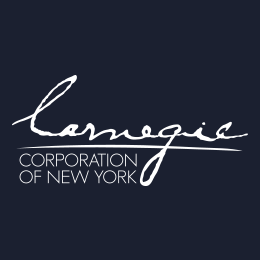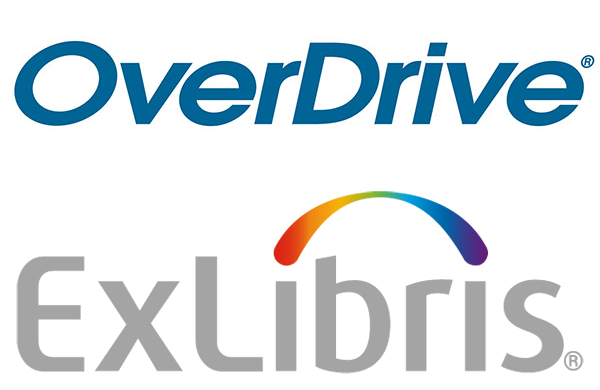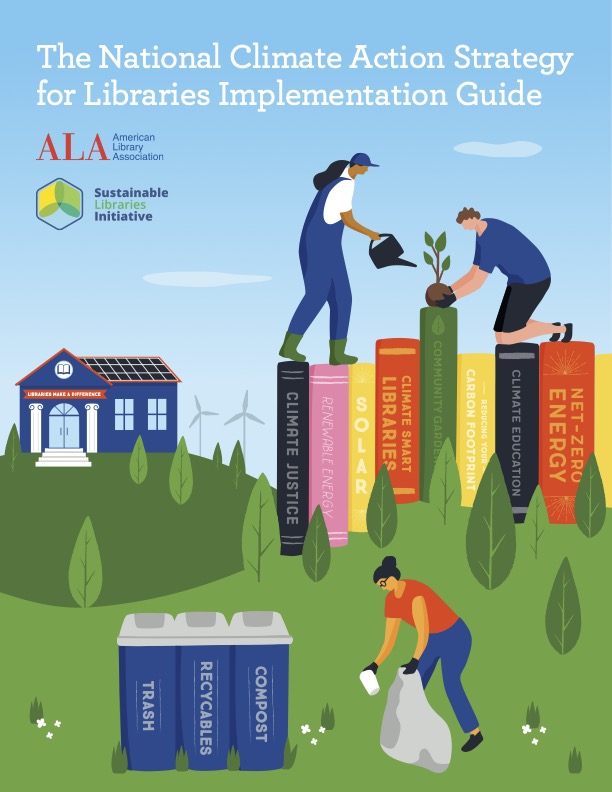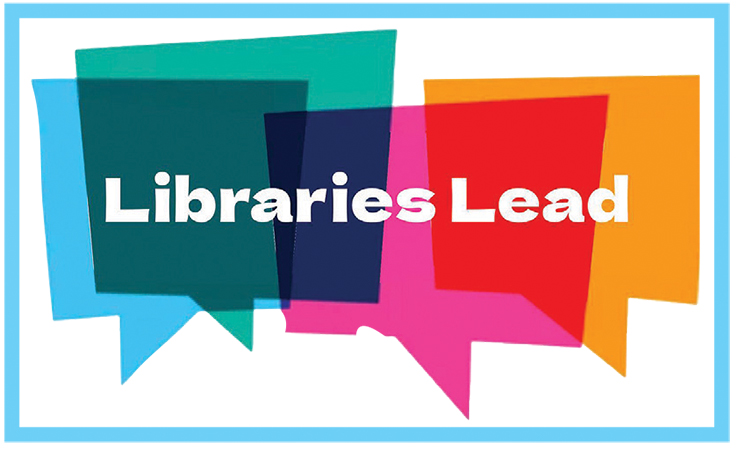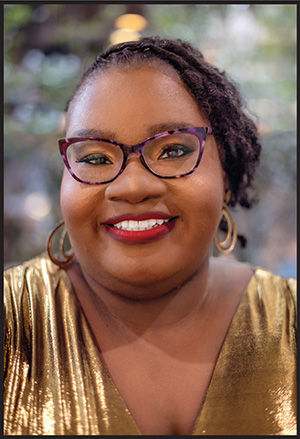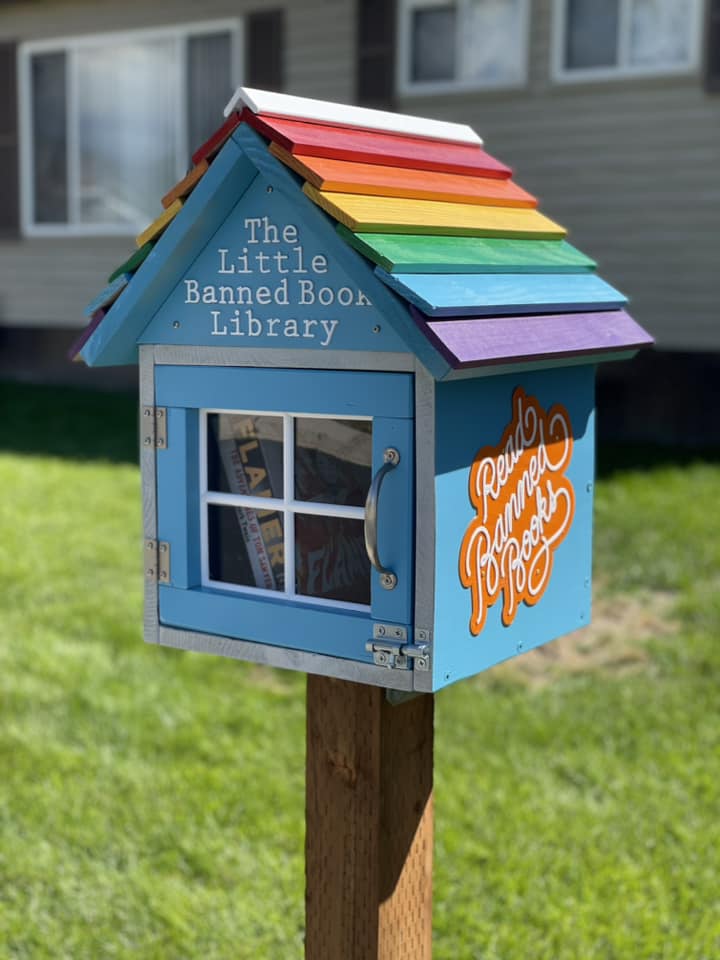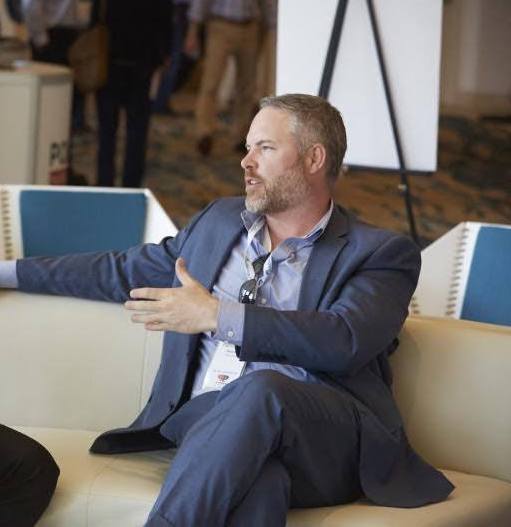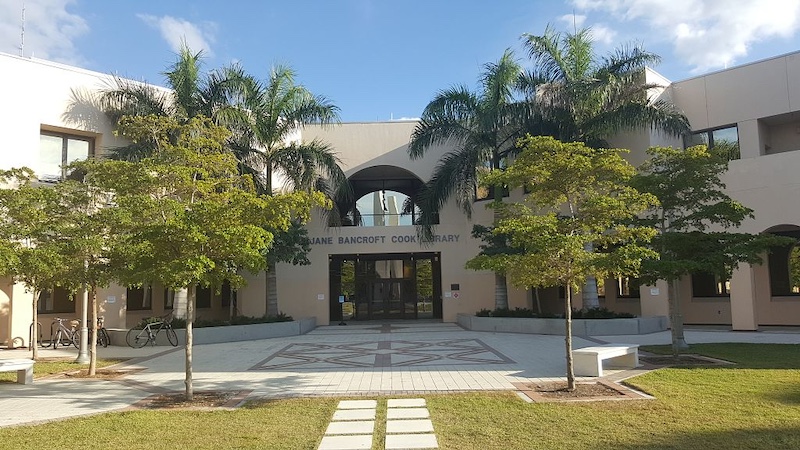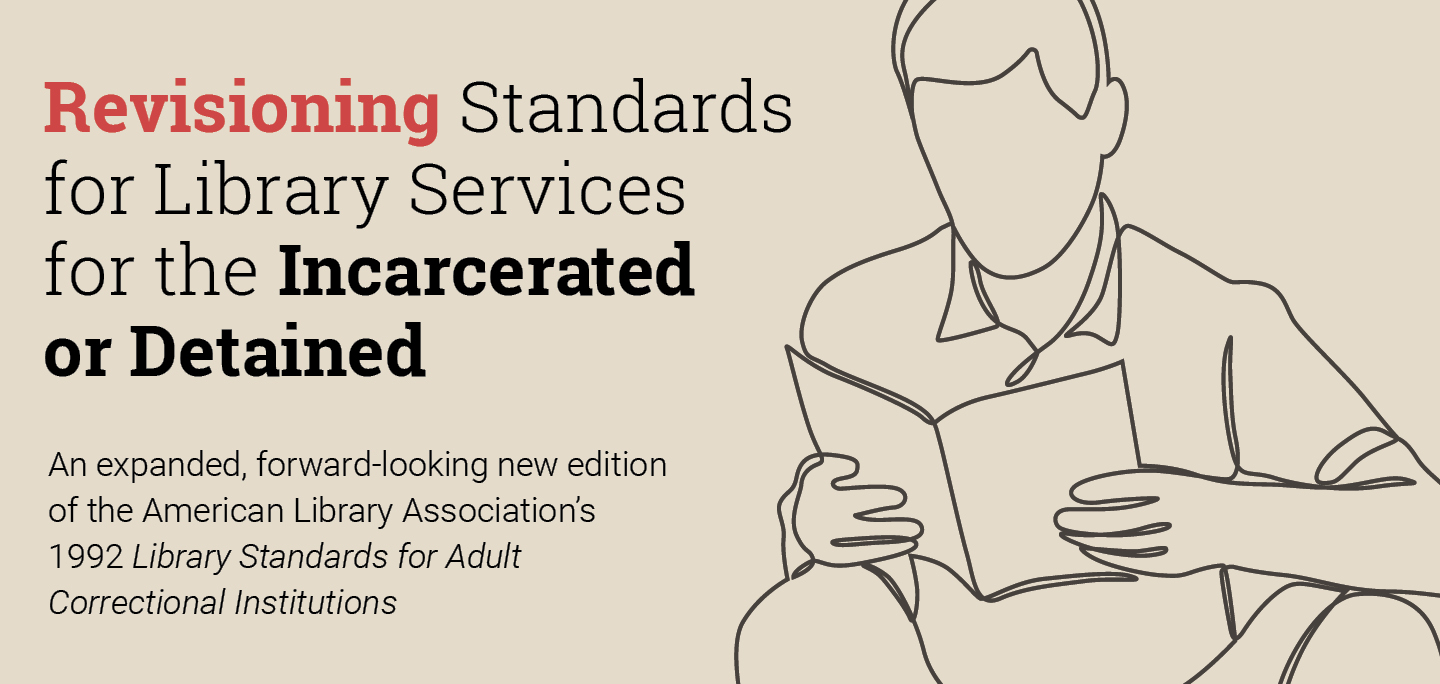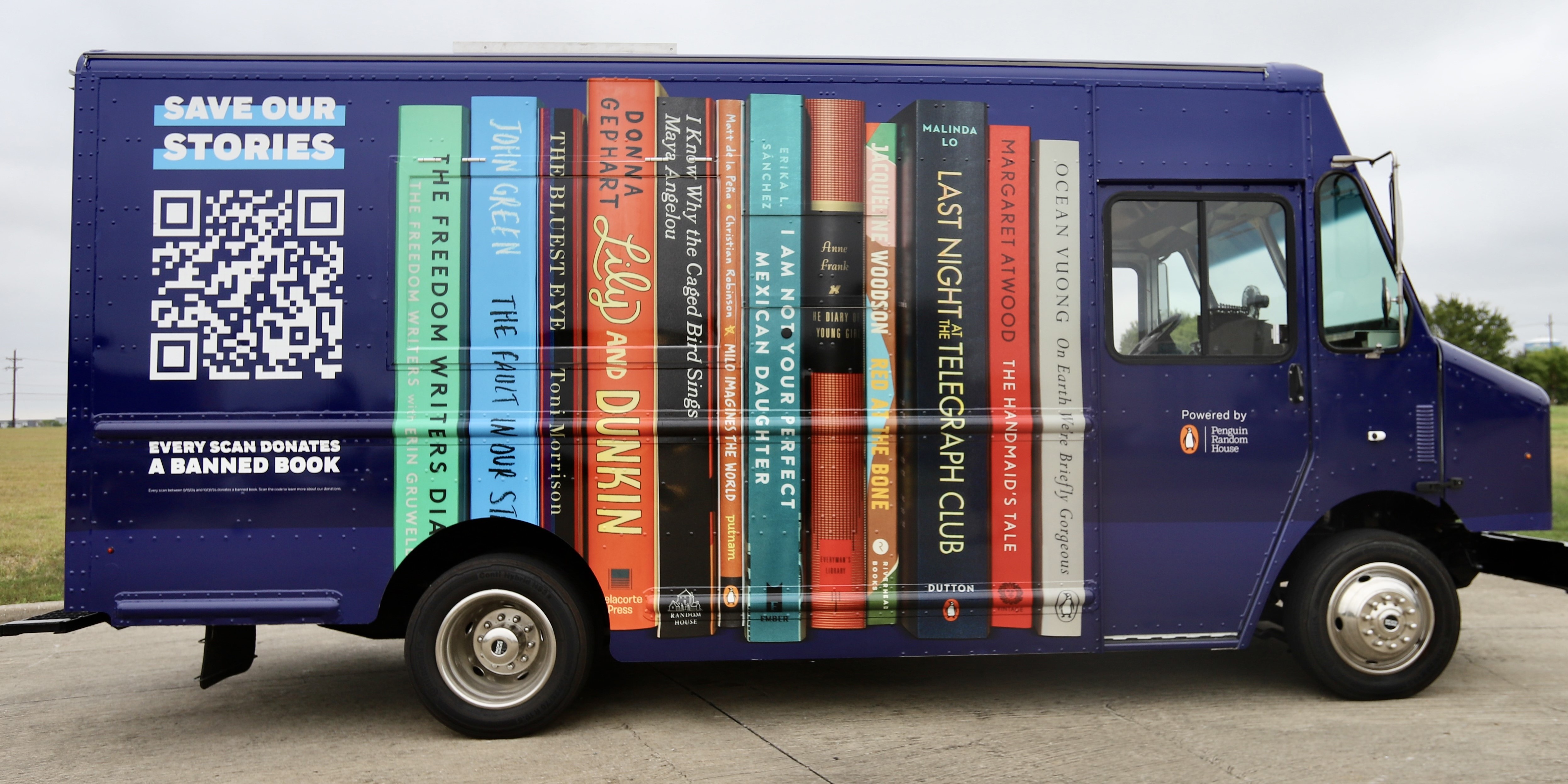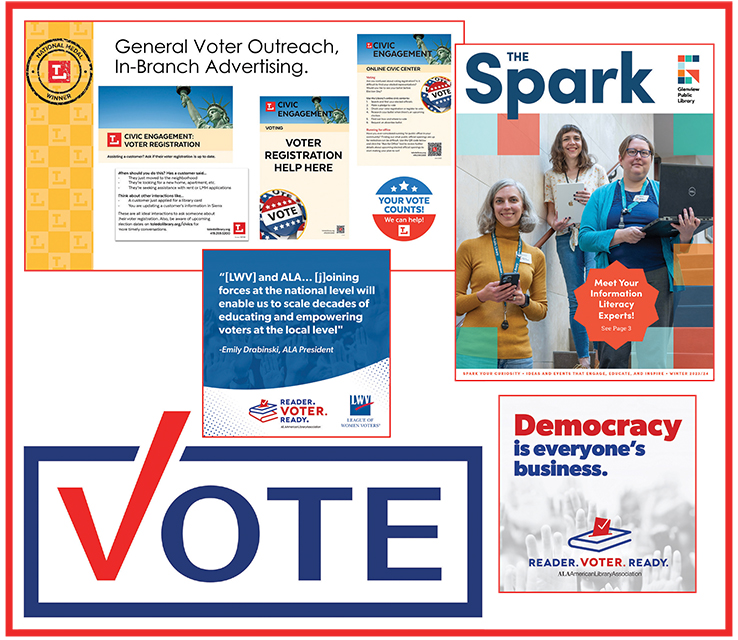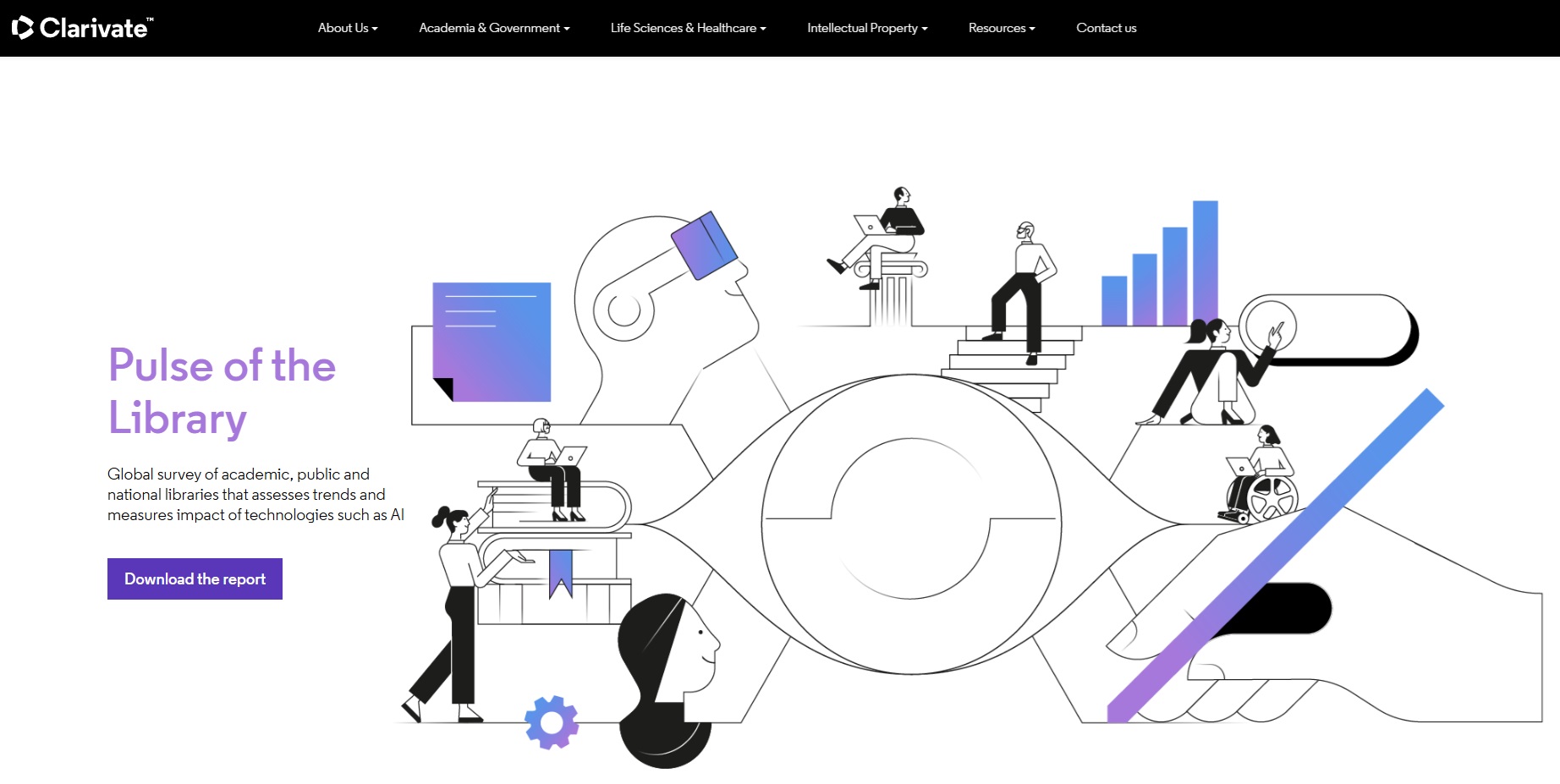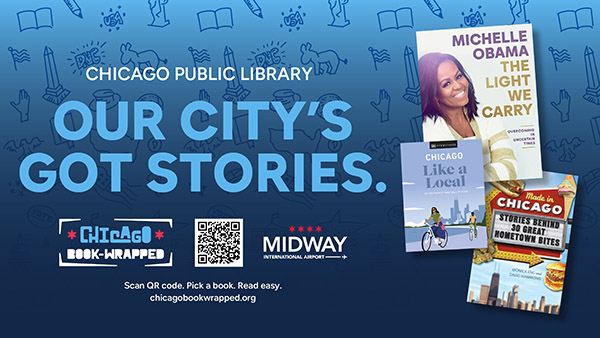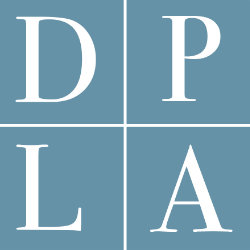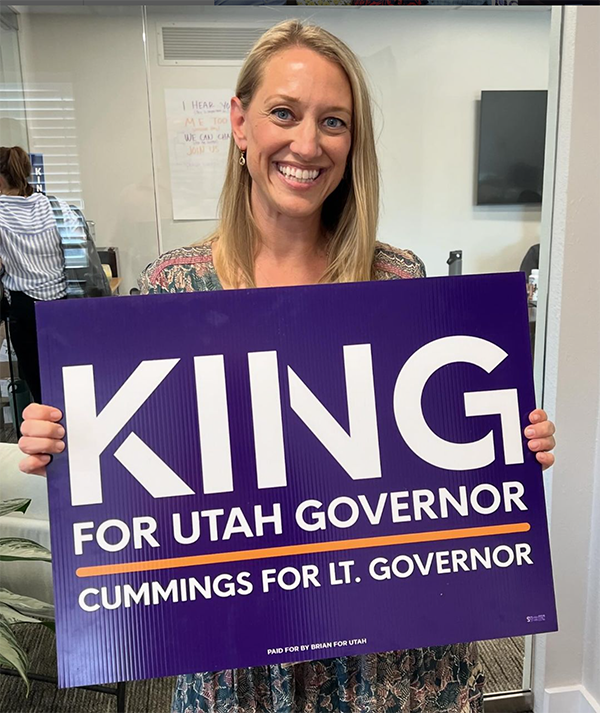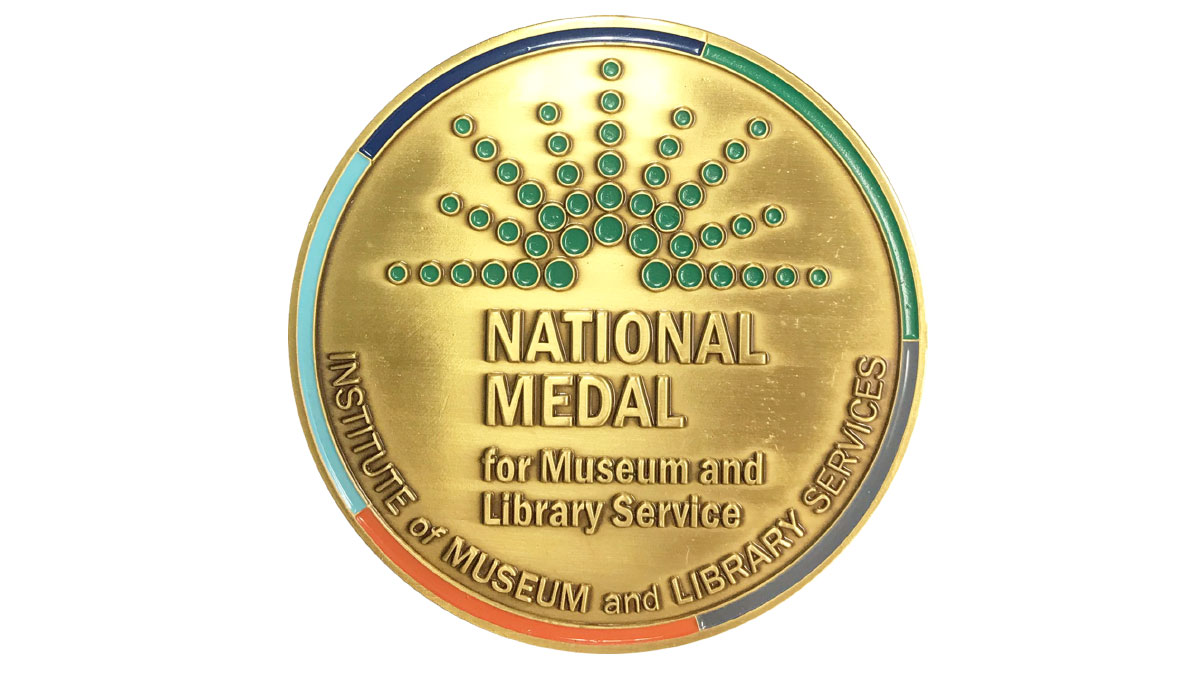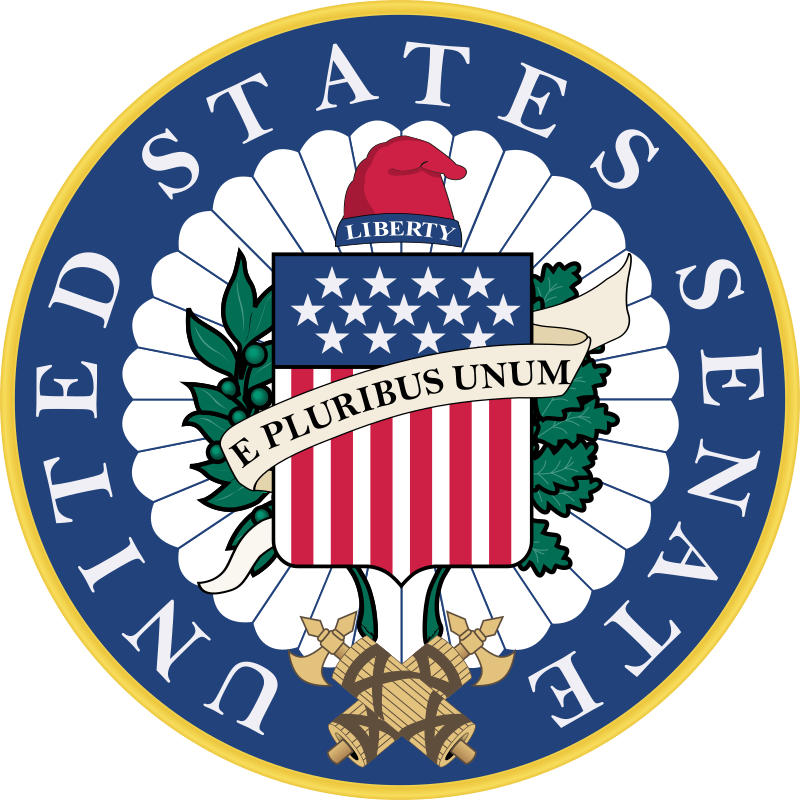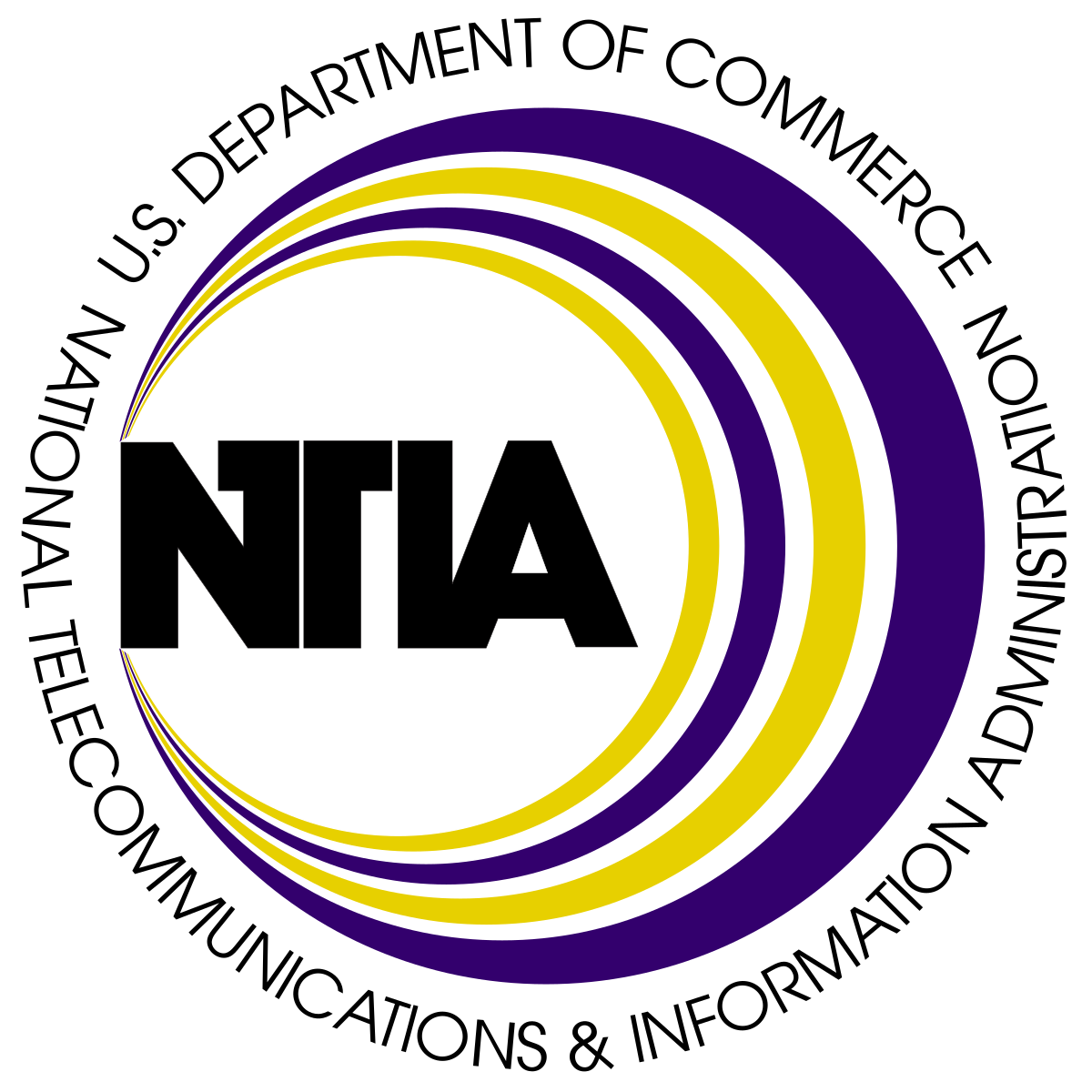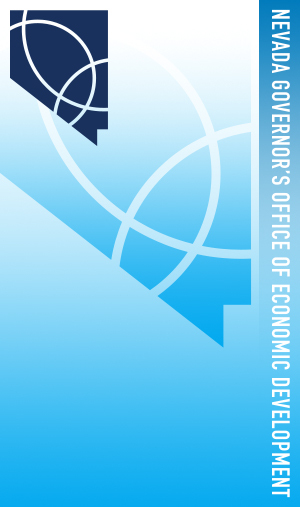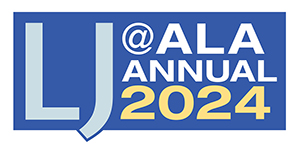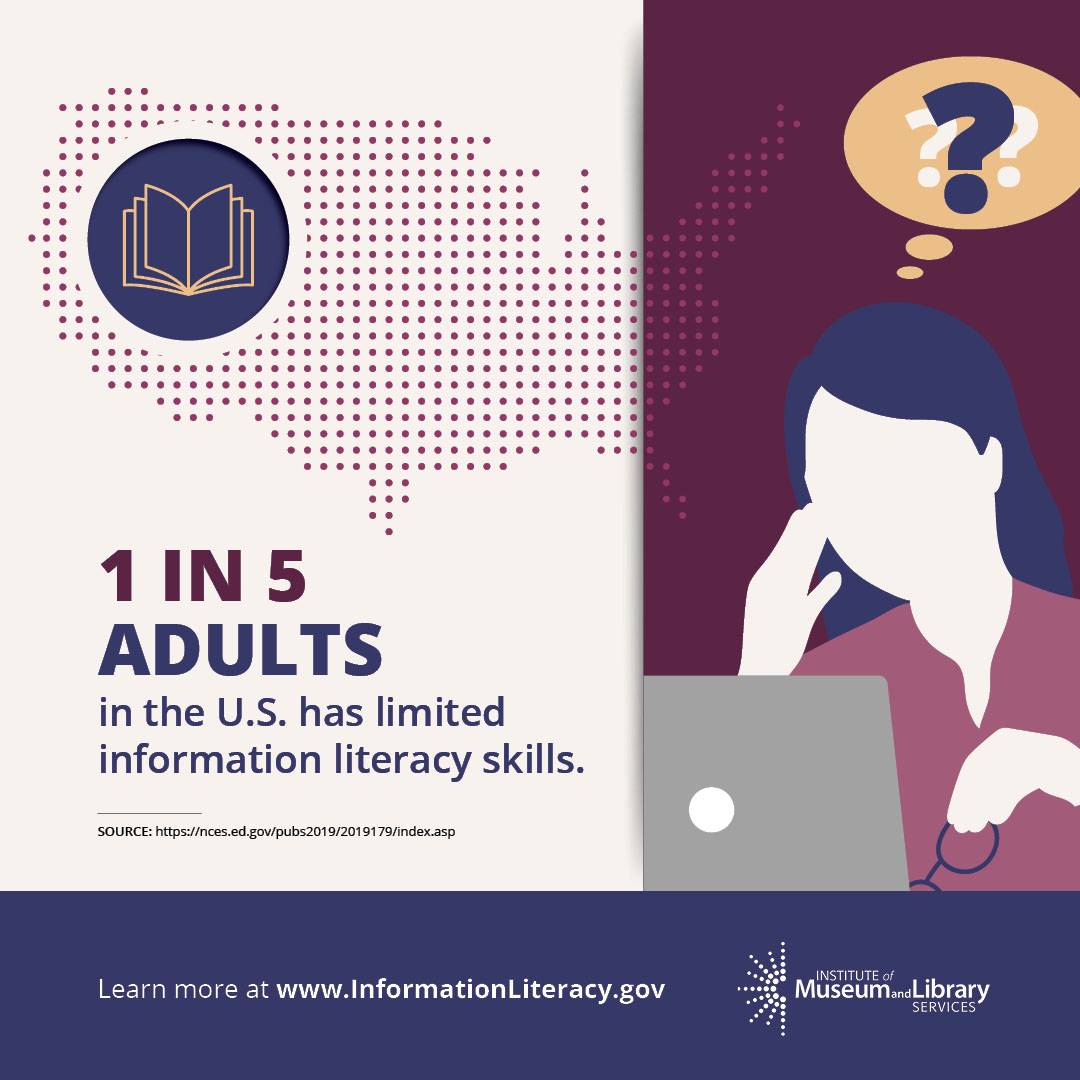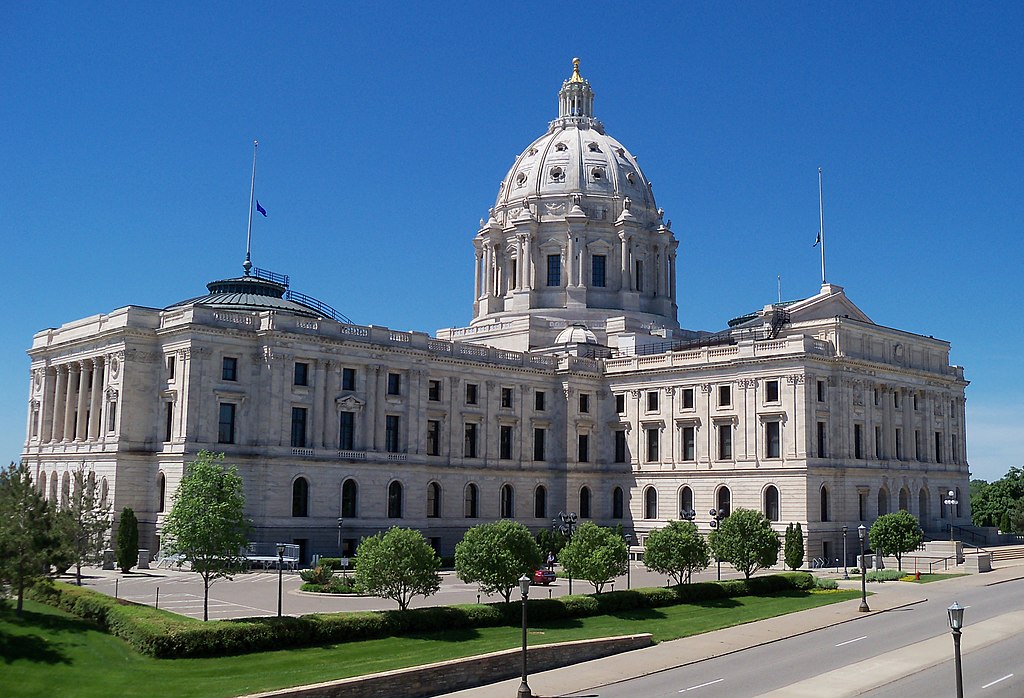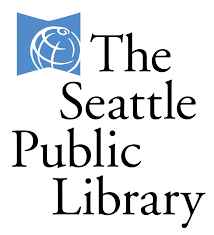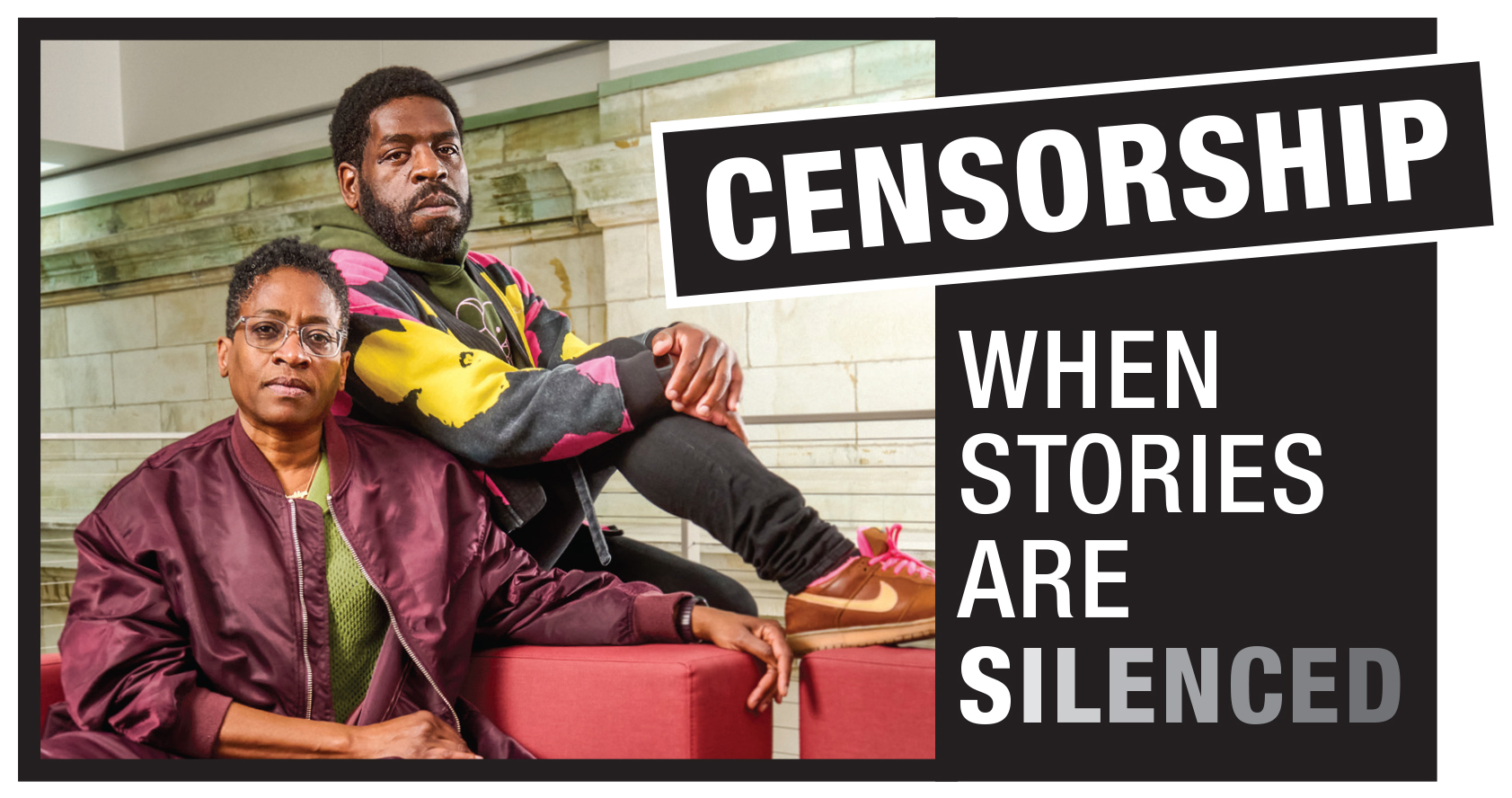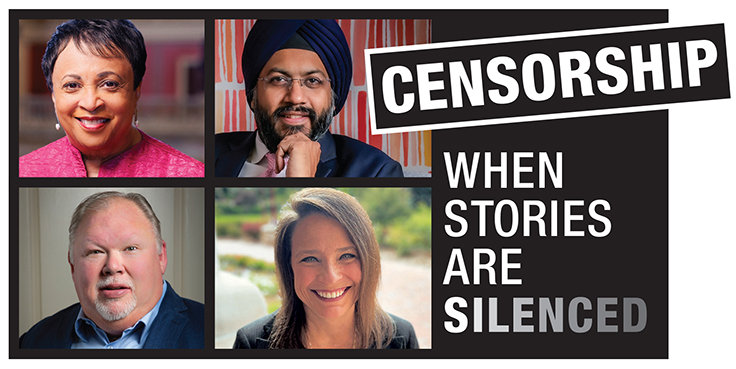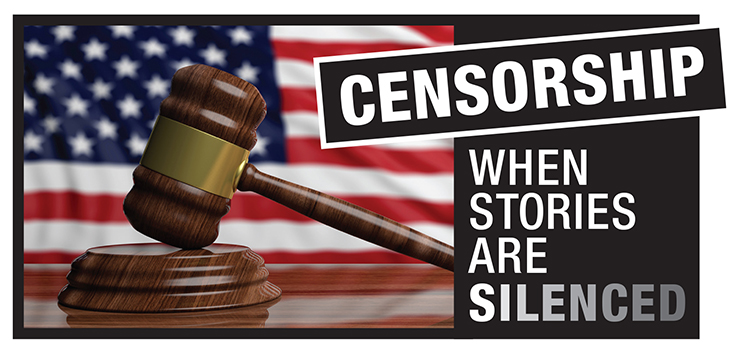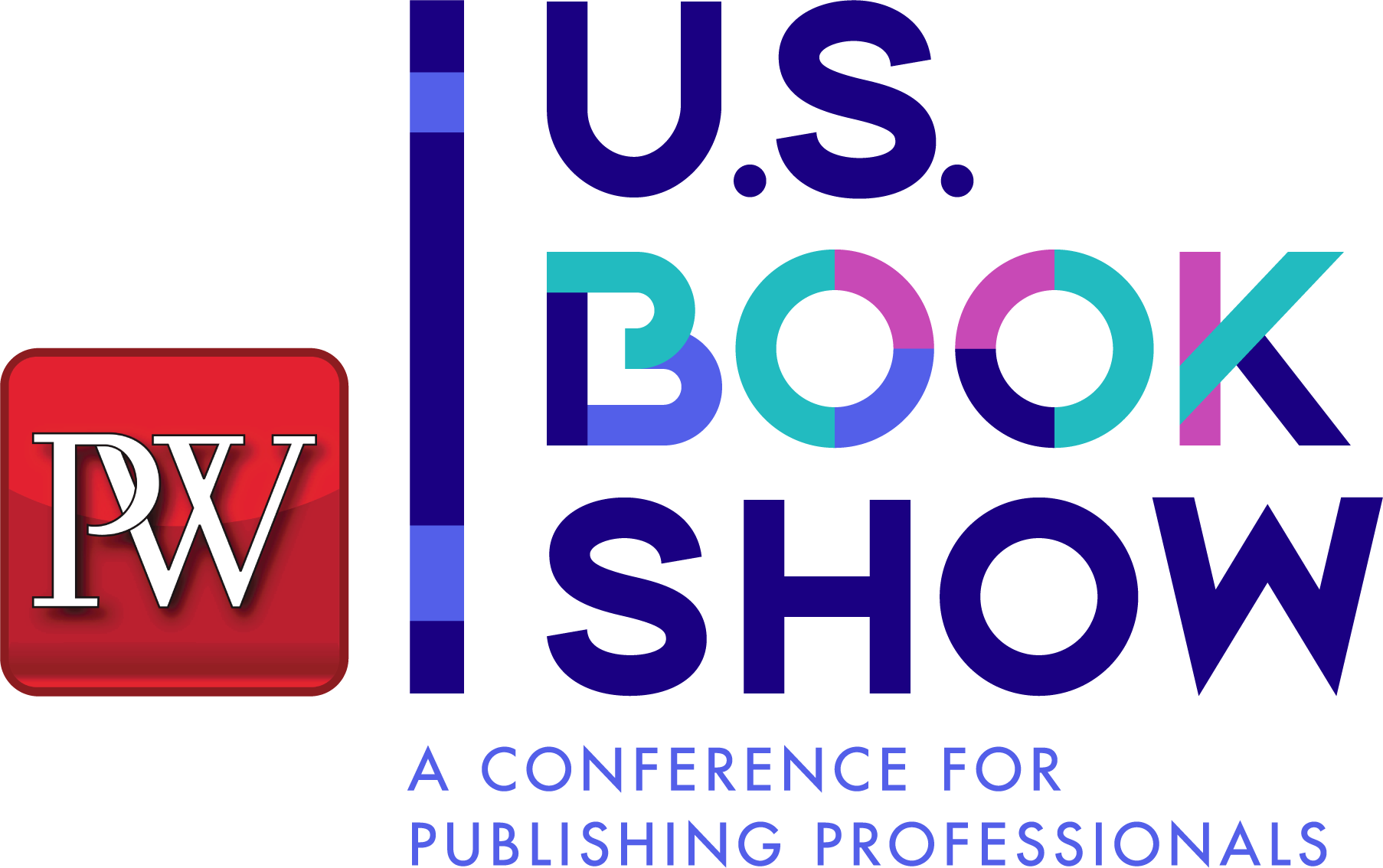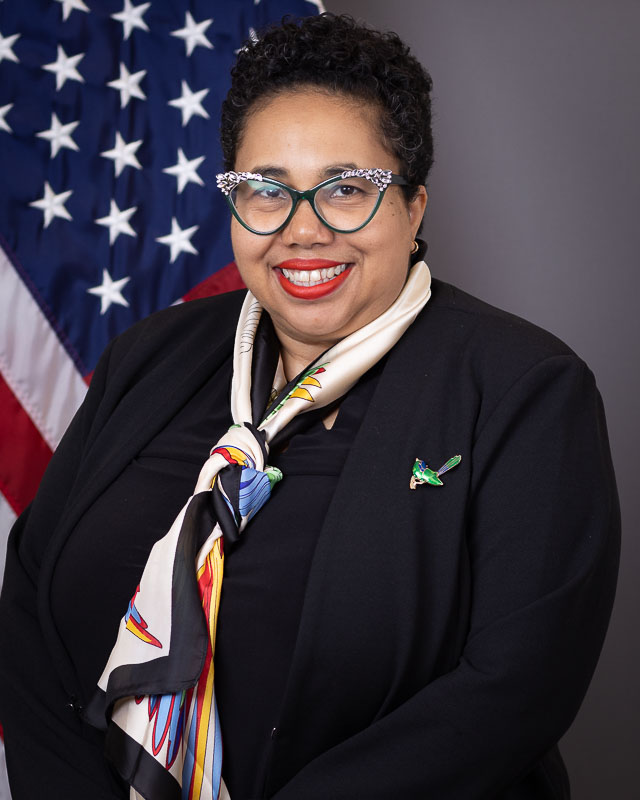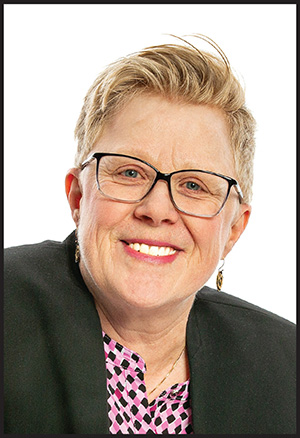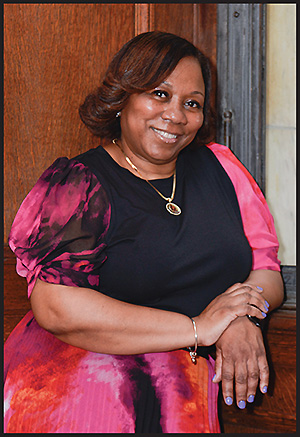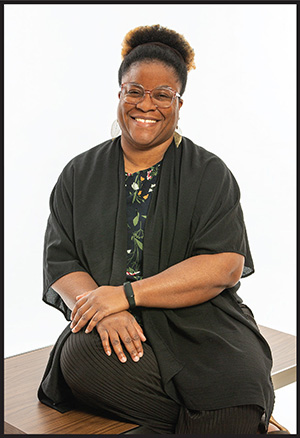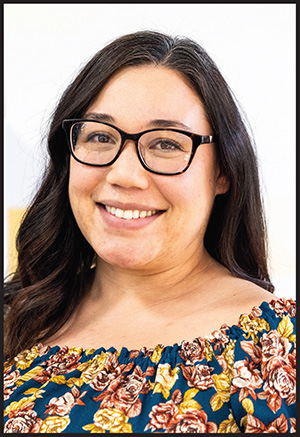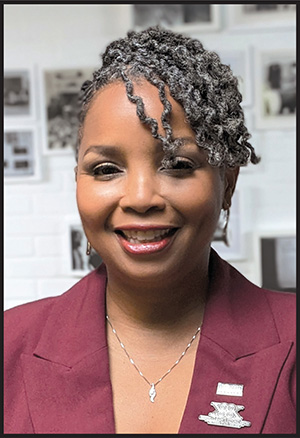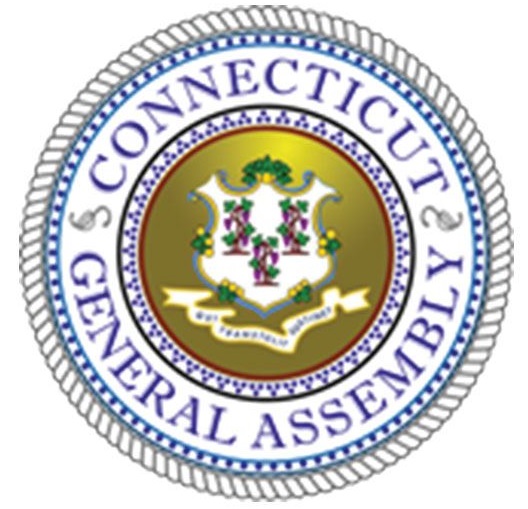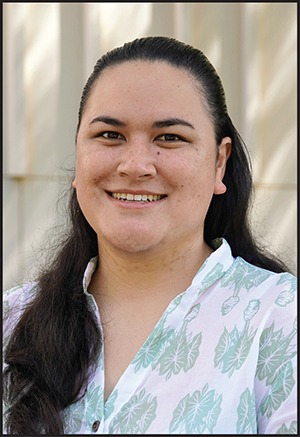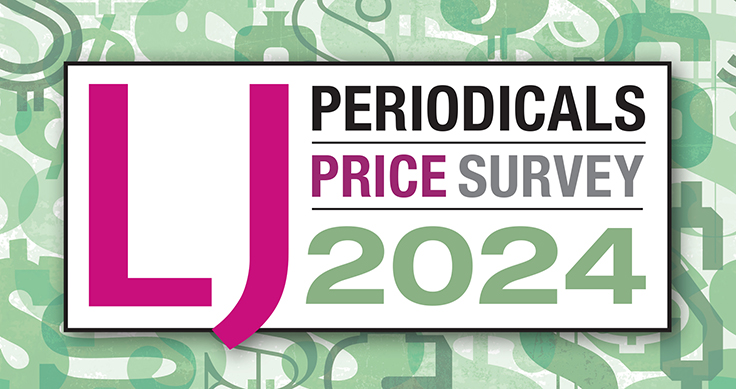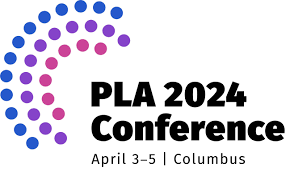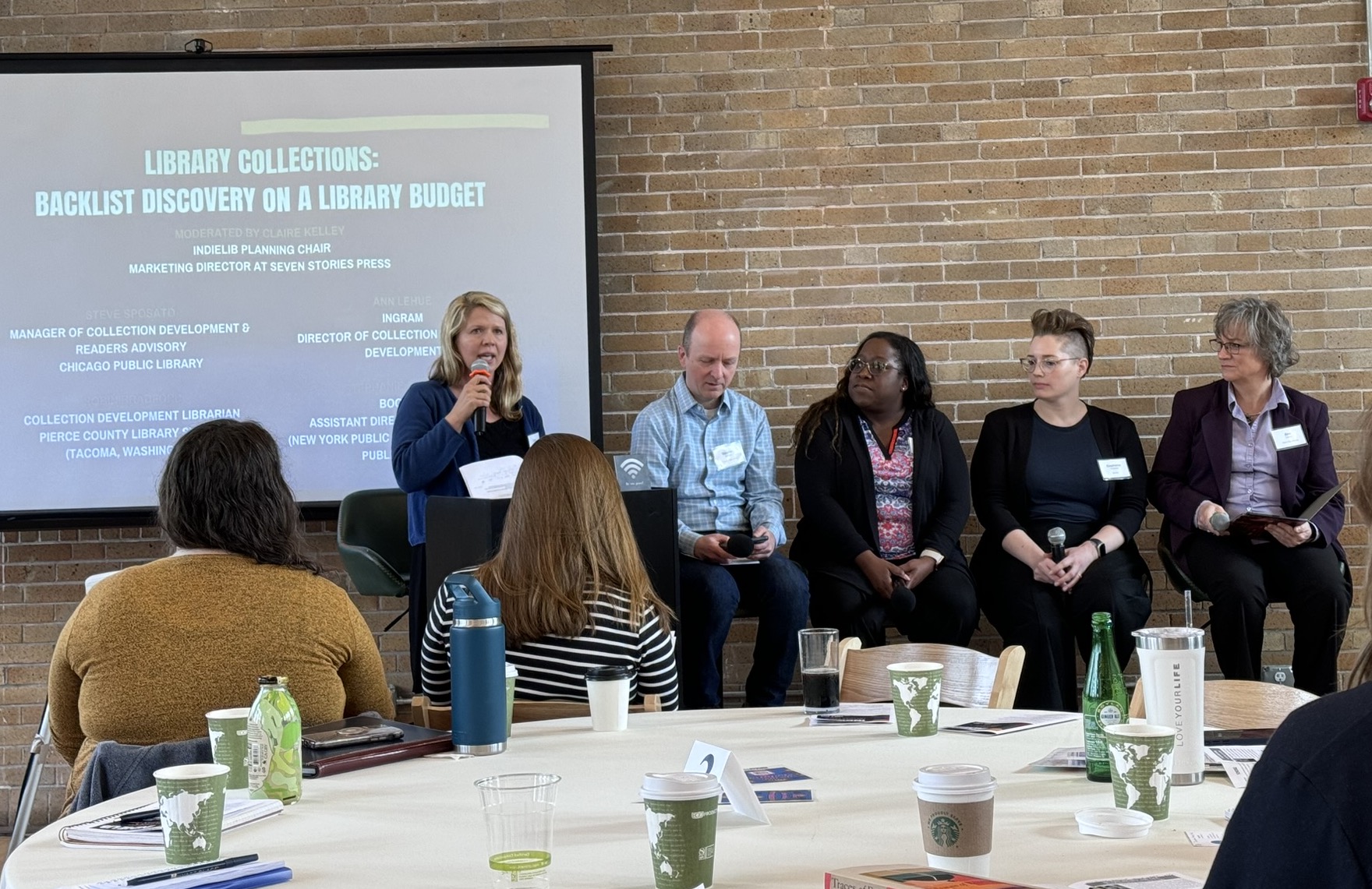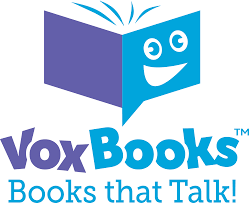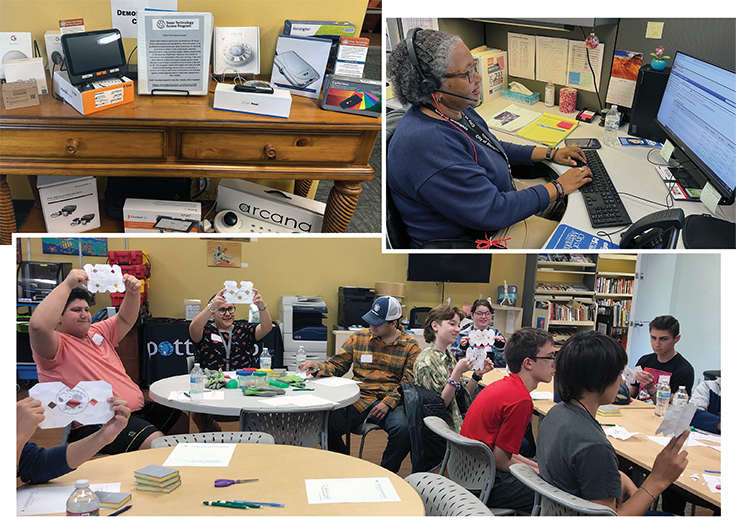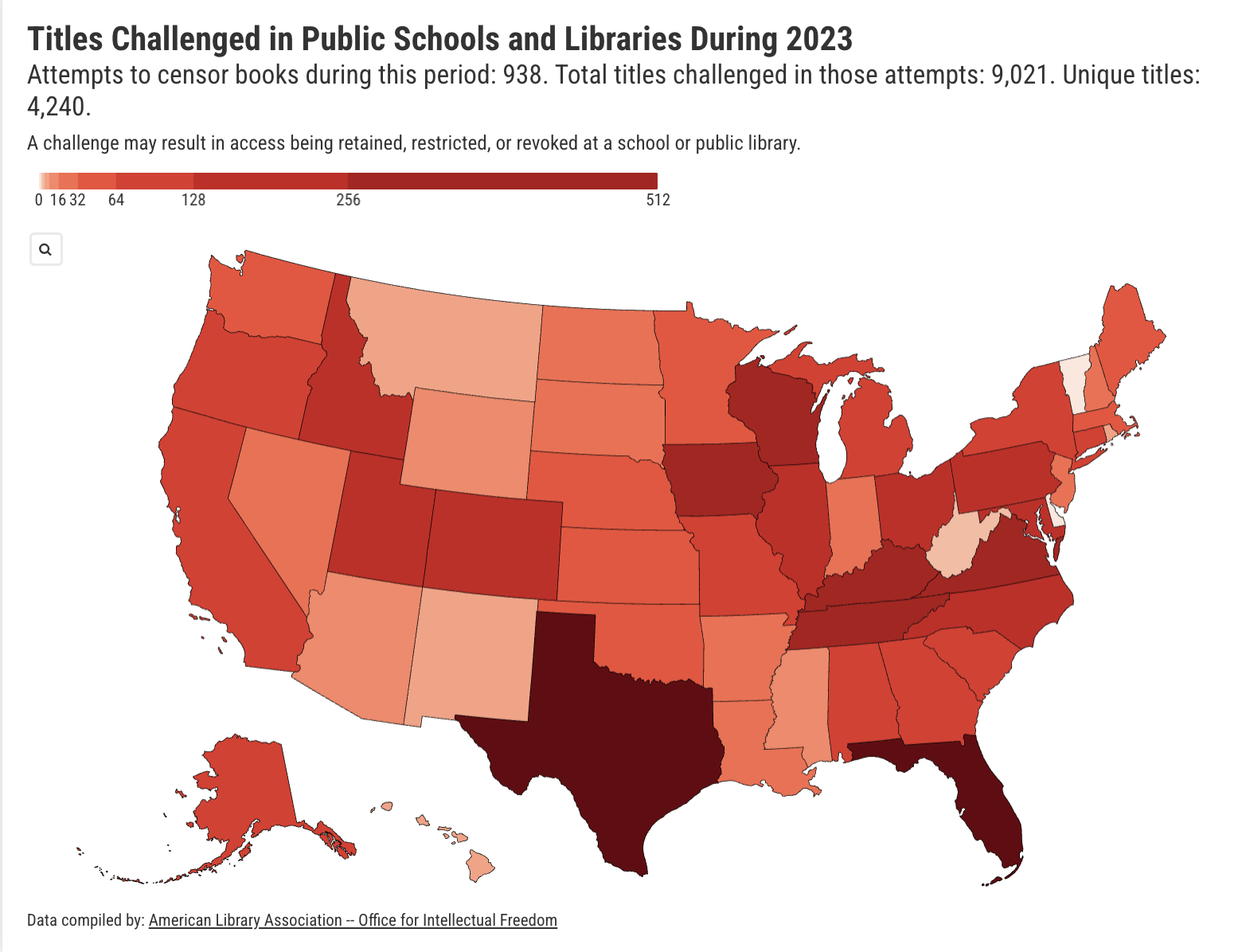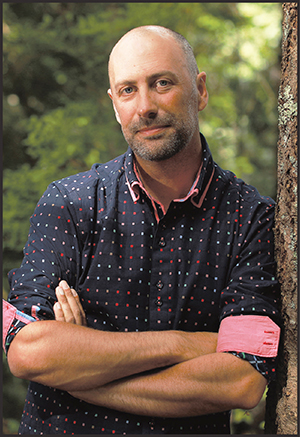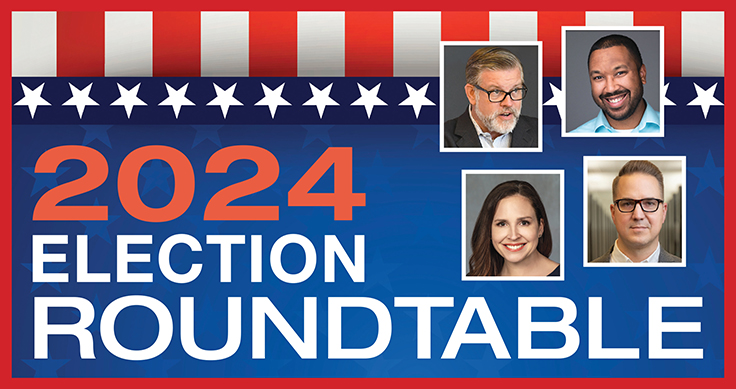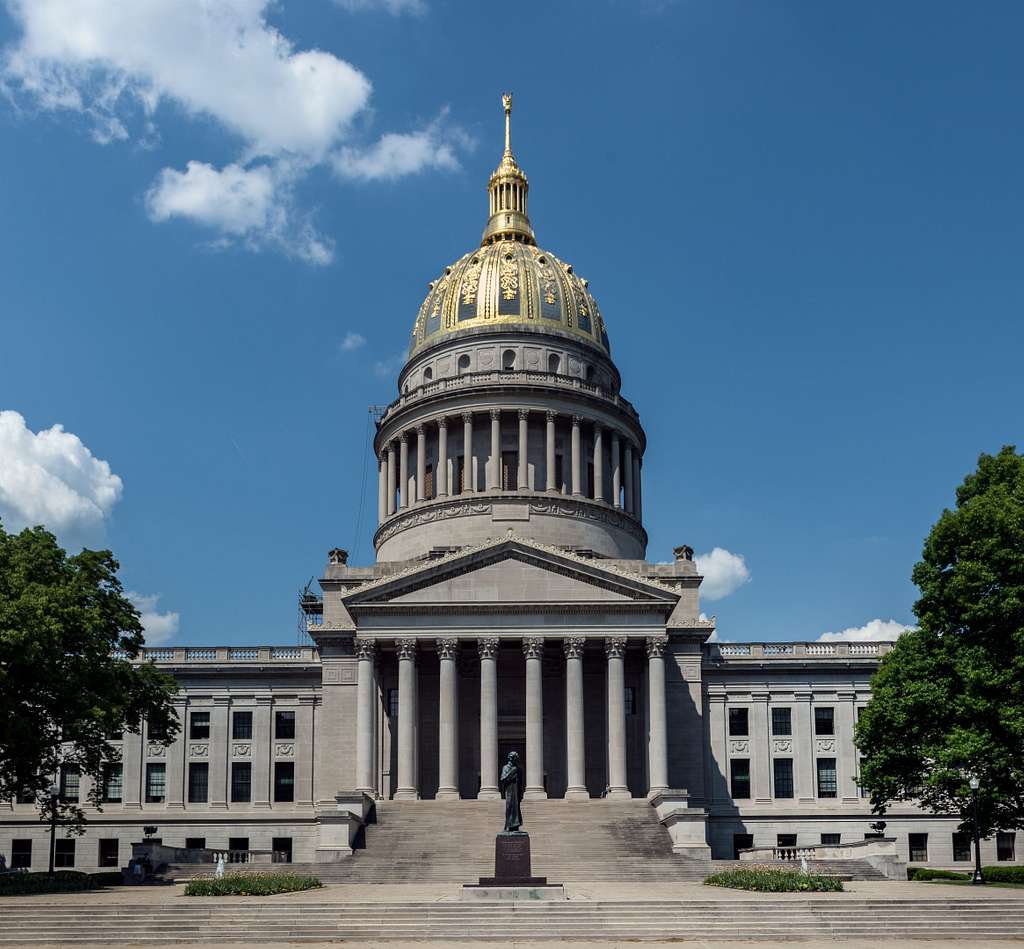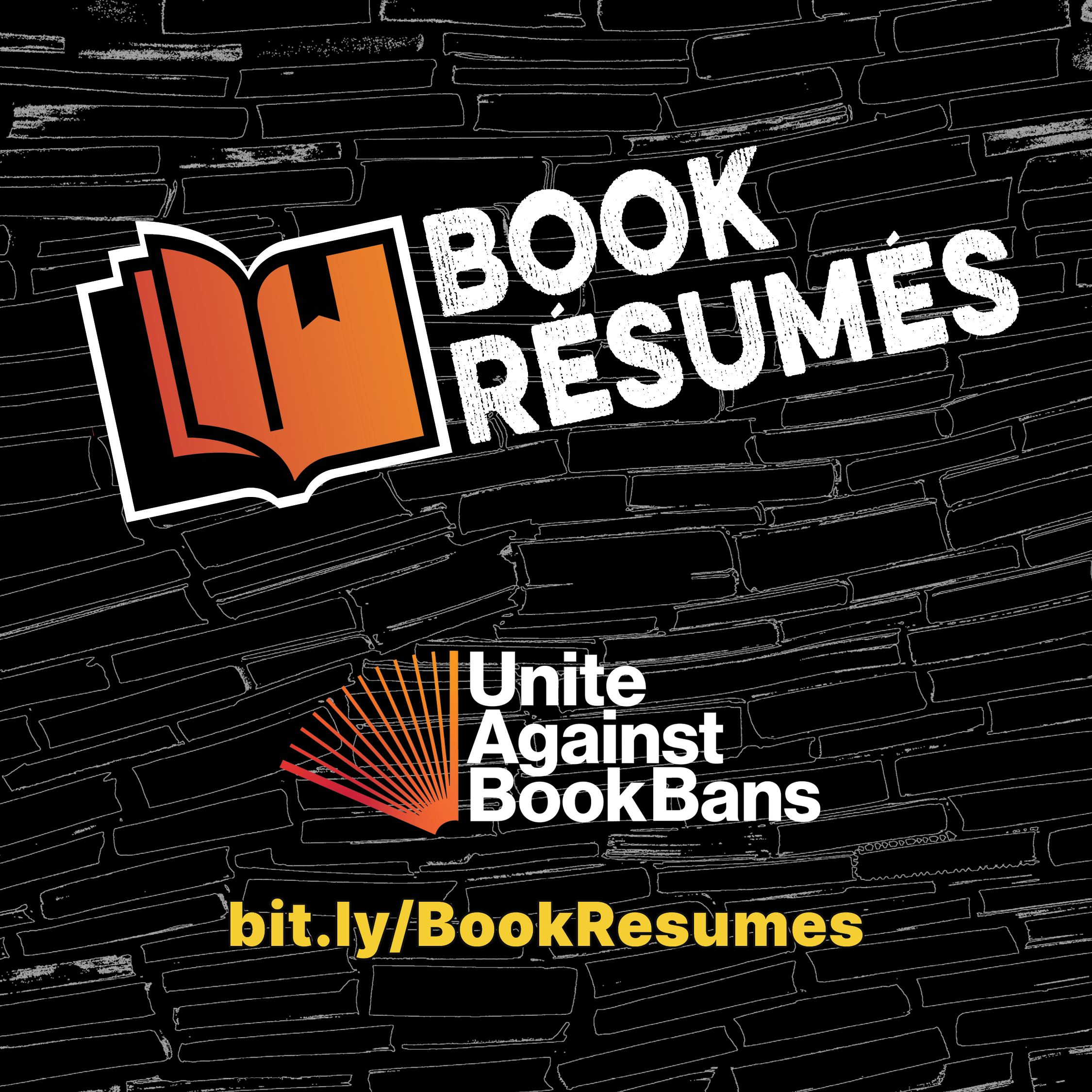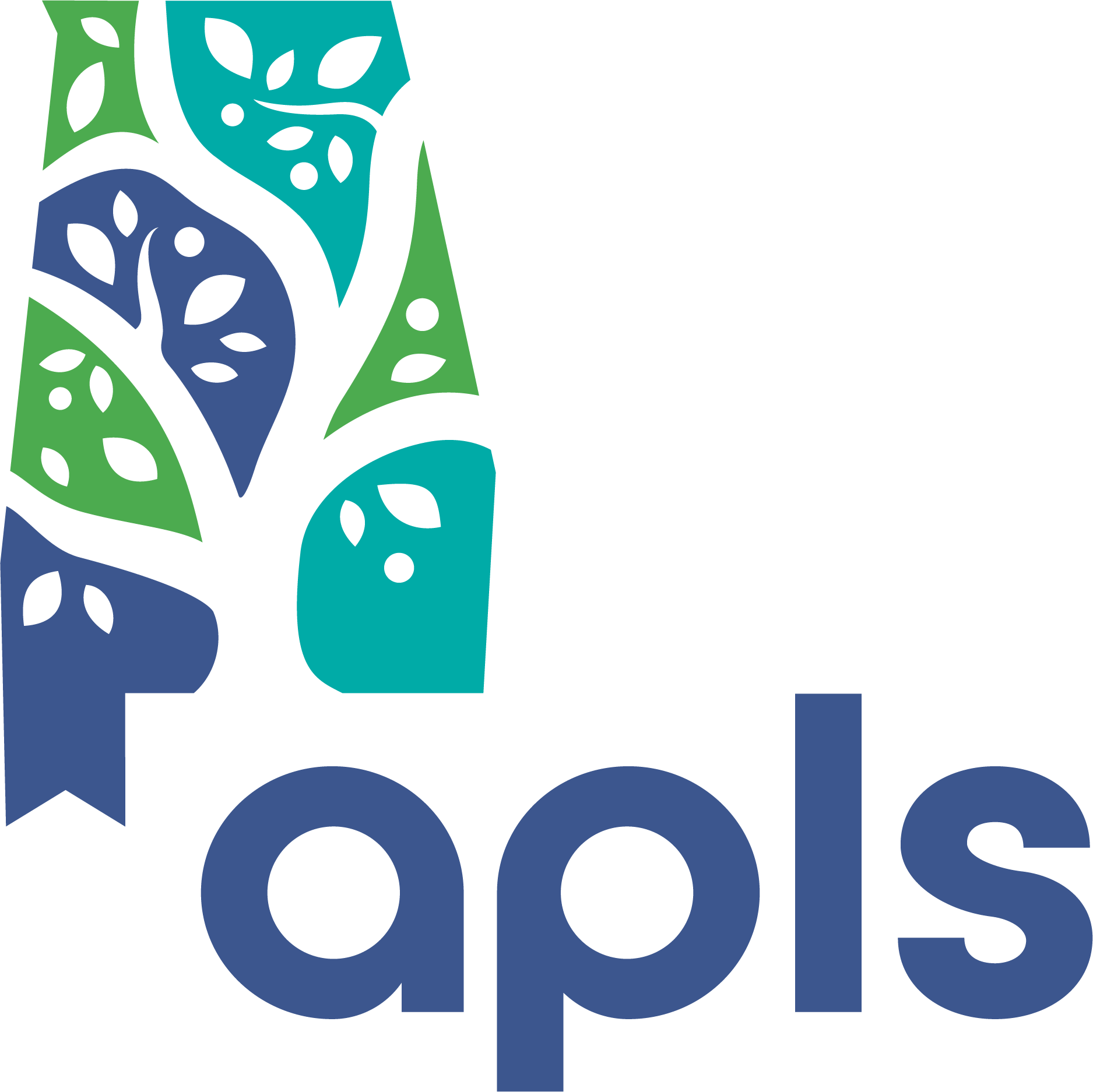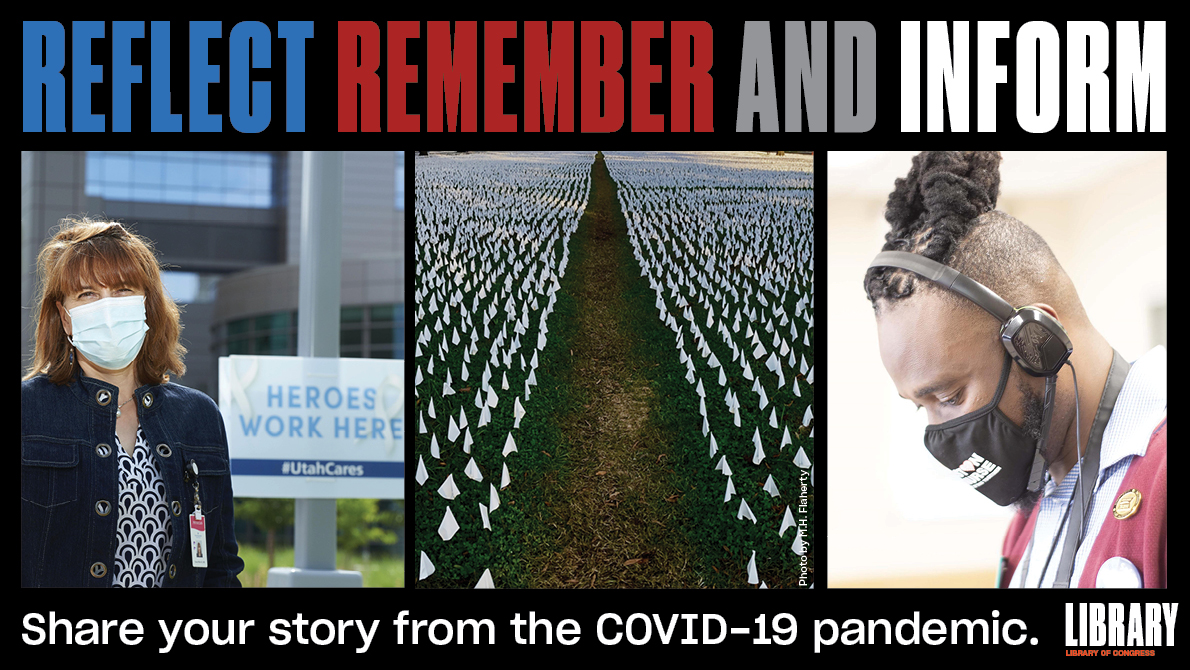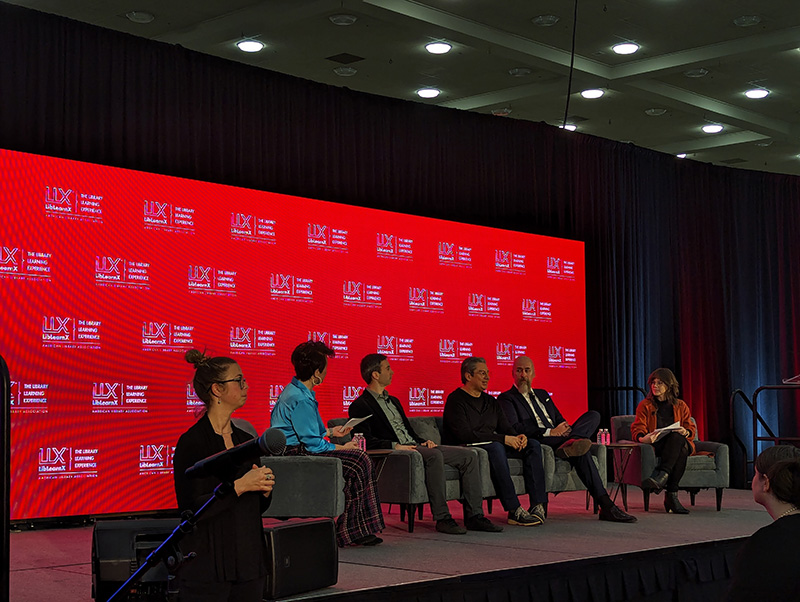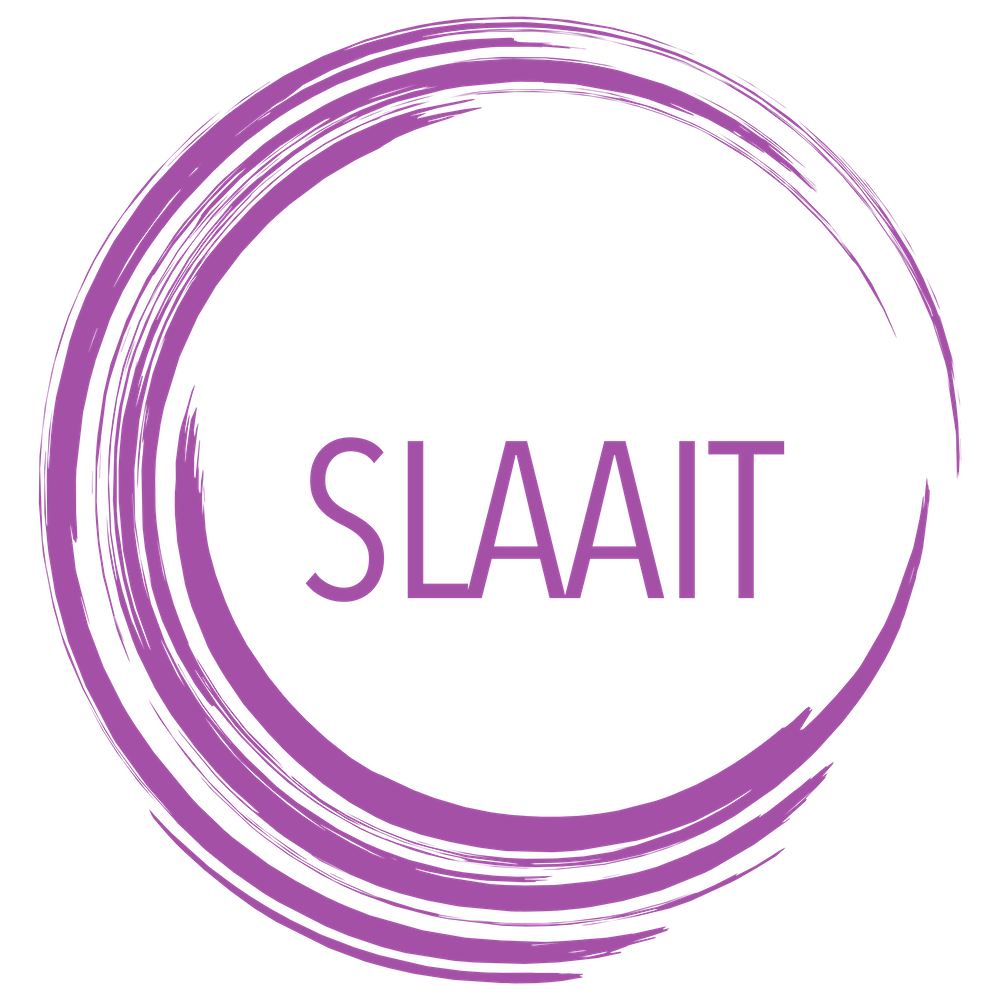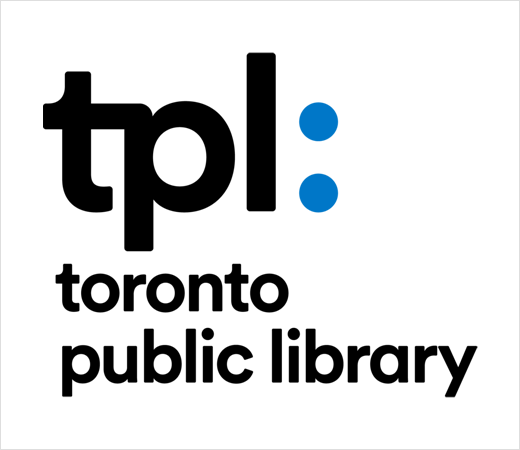Related
In a significant decision for the freedom to read, the U.S. District Court for the Western District of Arkansas recently declared two key sections of Arkansas Act 372—which expose librarians and booksellers to criminal penalties—unconstitutional. Section 1’s criminal penalties for “furnishing harmful items to minors” were deemed overly broad; Section 5’s process for giving decisions on book challenges and appeals to local government officials lacked constitutional safeguards and threatened a chilling effect on library staff and users alike.
On December 9, the American Library Association (ALA) announced that it will receive an approximately $25 million bequest from James W. Lewis, senior vice president and senior relationship manager of the Lewis Group, an investment company within the Washington, DC, office of Merrill Lynch, to fund library school scholarships for students with demonstrated financial needs. The bequest is the largest in ALA’s history.
Philanthropic foundation Carnegie Corporation of New York on December 9 announced a new $5 million pool of grant funding available for public libraries nationwide. The new initiative—Libraries as Pillars of Education and Democracy—“will help public libraries deliver critical services that promote socioeconomic mobility, civic participation, and social belonging,” according to an announcement. The $5 million will be awarded to 10 to 15 library systems in regions serving 500,000 people or more, with each system receiving up to $500,000 in funding over 24 months.
Library vendors have announced several new products, partnerships, and programs during the past two months. Here’s a sampling of recent news.
One painful part of living through the pandemic for me was the sense that Americans were failing one another. Recent catastrophic weather events have brought back that same sense of unease. When deadly Hurricanes Helene and Milton made landfall last month, conspiracy theorists suggested they were manufactured for political benefit. Federal relief efforts were stymied by online misinformation, and a man was arrested for threatening FEMA workers. America, we’re not okay.
Whatever our personal politics across library land, the truth is that we live in a nation where a majority of voting Americans chose the candidate whose positions run counter to many policies and values that libraries support. So, what are we going to do about it?
Tarida Anantachai, director of inclusion and talent management for North Carolina State University Libraries, was named a 2024 Library Journal Mover & Shaker for her work rethinking how to approach recruitment and hiring through a more inclusive, diversity-focused approach. LJ recently spoke with Anantachai to learn more about her work in this area.
The American Library Association and the Sustainable Libraries Initiative have announced the new National Climate Action Strategy for Libraries and created an implementation guide to help libraries incorporate climate action locally into strategic and facility plans.
Library Journal is proud to announce a new partnership with the “Libraries Lead” podcast. Hosted by Mike Eisenberg (Professor and Dean Emeritus, U. of Washington iSchool), David Lankes (Virginia & Charles Bowden Professor of Librarianship, University of Texas at Austin), and Beth Patin (Assistant Professor, Syracuse University's School of Information Studies), the show explores the various social, cultural, and technological issues shaping (and being shaped by) libraries and librarians. New episodes drop monthly, and past episodes are now available at librarieslead.libraryjournal.com.
Nicollette Davis, assistant librarian for kinesiology, social work, and health sciences at the Louisiana State University library system, was named a 2024 Library Journal Mover & Shaker for her work advocating for BIPOC people, both in the library system and in the community. We recently spoke with Davis to learn more about her projects.
Between September 22 and 28, the nation’s library community once again “celebrates” Banned Books Week, an annual event established in 1982 by the American Library Association (ALA) to profile acts of censorship and book banning in schools and libraries across the nation. Beginning with a “Library Bill of Rights” that ALA adopted in 1939, library leaders worked hard during the 20th century to hone a national image as defenders of intellectual freedom, opponents of censorship, and proponents of the freedom to read. But between 1939 and 1982 that image evolved to become an information silo of librarianship’s own making, one that was silent on or indifferent to issues of race and libraries.
During Banned Books Week, this year September 22–28, LJ has seen a wide range of libraries celebrating the right to read in their communities: public, K–12, and academic; urban and rural; large and small—and, now, little. Little Free Libraries, the birdhouse-sized book exchange structures scattered across neighborhoods around the world, have joined forces with the American Library Association (ALA) and PEN America to encourage the distribution of banned books in the areas they’re needed most.
For the past four years, EveryLibrary has been working to fight the book-banning movement. A large part of that fight is developing effective messaging against book bans, as well as conducting extensive message testing, surveys, and focus groups to understand the impact of messaging and determine which messages perform best.
Two and a half years after launch, Books Unbanned has continued to grow as a vital resource for people in schools and communities where book challenges otherwise put content out of reach.
On August 13, a New College of Florida student posted images to social media showing a dumpster full of books situated outside the campus library. As the story and images went viral, New College issued a statement that the library’s weeding project was separate from the removal of items from the GDC, and that the center was being “repurposed.”
ALA has recently issued a revised document, Standards for Library Services for the Incarcerated or Detained. It will help support libraries and library staff to meet the literacy, learning, and recreational needs of people held in jails, prisons, detention facilities, juvenile facilities, immigration facilities, prison work camps, and segregated units within any facility, whether public or private, military or civilian, in the United States and its territories.
Penguin Random House’s Banned Wagon will hit the road for the second year in a row to connect with communities impacted by censorship during Banned Books Week.
This Prison Banned Books Week, we’re calling for public library catalogs to be made available on prison tablets.
During voter education week, public and academic libraries step up efforts to ensure voters have what they need before they go to the polls.
Over 60 percent of libraries are currently evaluating or planning for artificial intelligence (AI) implementation, according to a global survey of more than 1,500 librarians by Clarivate, the parent company of ProQuest, Ex Libris, Web of Science, and more. According to Clarivate’s first “Pulse of the Library” report, which combines feedback from the global survey and qualitative interviews of librarians working at academic, public, and national libraries, “the potential rise of AI adoption in the coming year is high."
On September 4, the United States Second Circuit Court of Appeals affirmed a March 2023 ruling that the Internet Archive’s (IA) program of scanning print books and distributing digital copies on a one print-book, one-ebook, one-user basis for free is not protected by fair use doctrine. The ruling was the result of a lawsuit filed by Hachette Book Group, HarperCollins, John Wiley & Sons, and Penguin Random House in June 2020.
I realize that genealogical research has long been associated with the retiree demographic, something one’s grandparents might do in their free time, and not what today’s students would gravitate toward on their own initiative. But that is where the wonder of the required assignment comes in, and where budding amateur genealogists are made. As the great American novelist William Faulkner once said, “The past is never dead. It’s not even past.” And that’s what I try to instill in the students I teach about the wonders and magic of genealogical research.
Perhaps one of the truest versions of life in America’s small and rural communities can found each day in their public libraries, where residents connect.
Chicago Mayor Brandon Johnson and the Chicago Public Library (CPL) on August 15 announced the launch of “Chicago Book-Wrapped,” a new popup initiative offering instant access to a curated collection of ebooks and e-audiobooks with no hold times or library card requirements during special events in Chicago. The initial collection was curated to celebrate the Democratic National Convention.
Dr. Colleen Shogan took the oath of office as the 11th Archivist of the United States—the chief administrator of the National Archives and Records Administration (NARA)—in May 2023, succeeding former Archivist David Ferriero. She is the first woman to permanently hold the role. LJ caught up with Shogan to hear about her national tour of presidential libraries, NARA’s stepped-up digitization efforts, and preserving the record of presidential cat Socks.
Representing approximately 80 percent of the trade book market, the Big Five publishing houses—Hachette, HarperCollins, Macmillan, Penguin Random House, and Simon & Schuster—are key stakeholders in the library value chain. In Five Questions with the Big Five, LJ interviews publishing’s top brass to better understand the issues they’re facing, the trends that have their attention, reading culture, and where they see library and publishing interests aligned. We kick off this series with Jonathan Karp, President and Publisher of Simon & Schuster, as he reflects on the state of publishing and his company's 100th anniversary.
The Digital Public Library of America (DPLA) and the Independent Publishers Group (IPG) today announced a new model that will give libraries ownership rights to ebooks purchased from Austin Macauley, Arcadia Publishing, Dynamite Entertainment, Dover Publications, JMS Books, and dozens of other independent publishers.
LJ recently spoke with Rebekah Cummings, a librarian for the University of Utah's Marriott Library, who is currently running for Lieutenant Governor of Utah.
Voting on proposals for 2025 SXSW and 2025 SXSW EDU panels opened on August 6, and libraries are well represented among the many panels submitted for consideration.
On the evening of July 31, the Institute of Museum and Library Services (IMLS) celebrated its 2024 National Medal for Museum and Library Service at the Renwick Gallery of the Smithsonian American Art Museum in Washington, DC. IMLS Acting Director Cyndee Landrum presented the National Medals to the award recipients, which included a range of libraries from across the country.
Several major companies—including Clarivate, EBSCO, OCLC, and OverDrive—are introducing new AI tools and features that will impact researchers, patrons, and library work directly.
On July 30, the U.S. Senate passed the Kids Online Safety Act (KOSA) 91–3. Supporters of the bill say that it will help protect children from the potential harms of social media platforms and other online services, but critics say that if the legislation passes the House and becomes law, it will lead to online censorship—potentially including politicized censorship by the Federal Trade Commission and state attorneys general who would enforce the law.
The U.S. Department of Commerce’s National Telecommunications and Information Administration (NTIA) on July 24 announced the availability of almost $1 billion in competitive grant funding for programs that “support efforts to achieve digital equity, promote digital inclusion activities, and spur greater adoption and meaningful use of broadband,” according to a notice of funding opportunity posted by the agency. Application materials are available on NTIA’s BroadbandUSA website, and must be submitted through the NTIA Grants Portal by September 23.
Many accessibility options are available to academic librarians and library workers, but the costs involved in training staff, reworking spaces, and purchasing tools can be limiting. It therefore falls on each library to best allocate their resources. In order to bring to light possible approaches, Osama Youssef Smadi, associate professor of special education at the Imam Muhammad bin Saud Islamic University in Saudi Arabia, surveyed students with disabilities. In the 2021–22 academic year, 160 students with physical, health, visual, and hearing disabilities registered with the university’s Special Needs Services Center.
Nevada’s libraries have long been an important part of the state’s workforce development programs, and in June, the state’s Board of Examiners approved a new librarian-in-residence program for two municipal systems—the North Las Vegas Library District and the Carson City Library—that will boost those efforts. For two years beginning last month, these librarians-in-residence will facilitate an Individual Career Mapping and Training Delivery Model program developed by the Nevada Governor’s Office of Economic Development with libraries throughout the state. The program includes innovative features such as hands-on virtual reality “field trips” and access to NCLab’s Career Readiness Assessment to build STEM skills.
The U.S. Federal Communications Commission (FCC) on July 18 voted to allow libraries and schools to use funding from the federal E-rate program to purchase Wi-Fi hotspots for lending. A component of FCC Chair Jessica Rosenworcel’s Learn Without Limits proposal—which was announced at the American Library Association’s (ALA) 2023 Annual Conference in Chicago—integration of hotspots into the program was aimed at responding to increasing connectivity needs and modernizing the E-rate program.
The American Library Association’s 2024 annual conference and exposition included many announcements from library vendors. Here’s a roundup of some of the news from this year’s show floor.
Keynoters and other speakers at American Library Association (ALA) conferences over the years have come to the conference from a wide range of disciplines, but their speeches all incorporate at least a few minutes attesting to the value of libraries in their lives—some landing more powerfully than others. At this year’s ALA Annual, held June 27–July 2 in San Diego, CA, a few speakers went beyond tales of being avid library users as children to tell stories that painted vivid pictures of what libraries, literacy, and unfettered access can mean to a kid who is looking to understand their world a little better.
Frankly, I should have seen it coming, but personal growth and change can be so subtle that you sometimes don’t realize you’re doing it until you’ve done it. When I literally squealed with delight upon discovering “Gardening with Monty Don” on the Hoopla BingePass at PLA 2024, it dawned on me that I was no longer someone who just liked plants...I’d become a gardener.
On Thursday, June 27, at the American Library Association Annual Conference and Exhibition in San Diego, CA, the Institute of Museum and Library Services announced the launch of its nationwide Information Literacy Initiative. The multipartner project provides a website, InformationLiteracy.gov, that offers a wide range of ready-to-use tools and resources for library and museum professionals—trusted educators—to engage their communities to find, understand, evaluate, and share accurate information.
A Minnesota bill with a section prohibiting book bans in public libraries, and libraries or media centers in public postsecondary institutions and schools, was signed into law by Gov. Tim Walz on May 17. Senate File 3567, an omnibus education reform bill—which also includes rulings on cell phone use in schools, student performance data, and student journalism, among other items—went into effect immediately.
June 24 marks two years since the U.S. Supreme Court overturned Roe v. Wade, making abortion a state’s issue. As of this writing, abortion is banned or severely restricted in 21 states. However, abortion is just one part of the larger landscape of Reproductive Justice and reproductive health. Whether you are providing reproductive health information, especially abortion information, in your collections, at the reference desk, or through programming, consult with a legal expert about your options. This may include what type of information you can provide and where in your collection it’s located.
The Seattle Public Library (SPL) is continuing to recover from a ransomware attack on Saturday, May 25. At press time, all branches were open, in-person and virtual programs and events were still being hosted, books and other physical materials were available for checkout, and online services provided by third-party vendors including ProQuest, Hoopla, Kanopy, and others were available to patrons. However, access to SPL’s ebooks and e-audiobooks, public computers, in-building Wi-Fi, printing and copying services, pickup lockers, museum pass services, interlibrary loan services, and some other online resources remained unavailable.
In recent years, the scholarly nonprofit Ithaka has prioritized advancing diversity, equity, and inclusion (DEI), both within the organization and in its outward-facing work. As that process evolved, Kate Wittenberg, managing director of Ithaka’s digital preservation service, Portico, saw that its archival conservation mission aligned in many ways with social justice ideals. In summer 2021, she began to identify underrepresented community collections that might be at risk without a preservation strategy, and in 2023 Portico launched a pilot project connecting the curators of those archives to its expertise and resources.
In a divided three-judge panel, the U.S. Court of Appeals for the Fifth Circuit issued a majority decision largely upholding a preliminary injunction ordering Llano County Library System to reshelve several titles that were previously removed.
When the LJ team decided to focus our June issue on censorship, I couldn’t get the idea of exploring the personal nature of book bans out of my head. Yes, the broad societal impacts of affronts to intellectual freedom are significant—but what do they look like and mean for individual readers?
In their shared hometown of Columbus, OH, at an event where readers celebrated their writing, Hanif Abdurraqib and Jacqueline Woodson sat with Library Journal for a conversation about libraries, book bans, and censorship.
As a book lover who works in the book industry, I have a job that aligns with my love for reading—and I get to work with librarians! Witnessing the sharp rise in attempts to ban books nationwide in recent years, I have become a vocal supporter of the First Amendment in ways that I didn’t expect when I began in publishing in 1988.
Frederick Douglass famously said, “Once you learn to read, you will be forever free.” This powerful and inspiring idea continues to resonate more than a century later, at a time when the essential services that libraries provide are more vital than ever.
Growing up in India as a young Sikh boy to aspiring middle-class parents, I understood their singular focus was to educate their children. Books were the windows that allowed me to gaze into a world far beyond my limited surroundings or imagination. The ancient tales of equality, courage, and righteousness from our scriptures, region, and history of valor ignited my imagination as I got older. At the same time, contemporary literature exposed me to the rich tapestry of cultures that coexisted in our vibrant nation.
Two and a half years ago, I was fired by the High Plains Library District (HPLD) in Weld County, CO, after I objected to cancelling programs for LGBTQIA+ teens and youth of color because they were “polarizing.”
Freedom to read issues are generating legislation—both library-adverse and library-protective—across the country.
This year’s standout selections from the American Library Association’s Government Documents Roundtable.
The U.S. Book Show, presented by Publishers Weekly—this year in collaboration with the Association of American Literary Agents—held its fourth annual event on May 22. The conference, which launched as a virtual symposium in 2021 to replace the defunct BookExpo America, offered a day of industry-centered conversation for publishing professionals, agents, editors, marketers, and authors.
JSTOR’s Path to Open pilot project and MIT Press’s Direct to Open program are both demonstrating that open access (OA) monographs are receiving significantly more use and are cited more often than non-open counterparts, according to a recent JSTOR webcast and an impact report released last week by MIT Press.
In celebration of National Bike Month (May in the United States, June in Canada), libraries are offering innovative ways to support bicycling all year round.
When Angel City Press (ACP) cofounders Paddy Calistro and Scott McAuley began thinking about retiring a few years ago, they knew they wanted to make sure ACP remained a local operation. Several years, a few lawyers, and much due diligence later, the donation of ACP to the Los Angeles Public Library has been approved by Los Angeles City Council, and ACP will now be known as Angel City Press at the Los Angeles Public Library.
Those outside our field may marvel at—or be disconcerted by—transformations they experience as new, seismic shifts from what they understand about libraries. We know the transformation is far from sudden, and far from over. Understanding this, the Institute of Museum and Library Services (IMLS) is using best practices and key research to better understand and equip libraries with the tools needed to address the future needs of the diverse communities they serve.
It has been a busy legislative session in the Louisiana House, with several bills poised to impact libraries and library workers halted at various points, while others have been approved and moved on to the Senate. As they proliferate, grassroots library advocacy organizations are stepping up to combat them.
Libraries, vendors, and library organizations have been busy with several recent artificial intelligence (AI) initiatives—check out LJ's roundup of the latest news from the field.
Fifty-seven percent of academic libraries report that the use of audiovisual (AV) sources such as news reels, recordings, performances, and films have increased over the past three years—with 21 percent describing significantly increased usage—while only 15 percent say that use of these resources have decreased, according to Library Journal’s recent AV Primary Sources Survey of Academic Libraries, sponsored by AM, that netted 220 responses from academic librarians in the United States and Canada. Thirteen percent of respondents said that college and university students now prefer AV primary source materials, compared with 18 percent who prefer print and other archival primary source materials.
When Rebecca Wolfe noticed groups of adults with intellectual or developmental disabilities (IDD) come to her library, she saw an opportunity to make their library time more meaningful and engaging. She founded the monthly All Abilities Club, which offers crafts, games, literacy activities, music, and guest speakers to adults with IDD and caregivers.
After being named library director in 2020, Tyler Hahn dove into calling attention to the rural digital divide and advocating for the crucial role of rural librarians on the radio, in news outlets, and to state and federal elected officials.
Sara Ring's work with the 23 Linked Data Things project grew out of conversations with colleagues at a conference a few years ago, where they discussed the lack of resources for librarians to keep up to date on technology. But it wasn’t until she and other coworkers formed a Wikidata Book Club that the discussion extended into how to help people—including themselves—learn about linked data.
Tara Somersall’s creativity serving children of all ages has made Yonkers Public Library a community leader in meeting kids’ needs and preparing them for a lifetime of reading.
As the adult services librarian at the Curtis Memorial Library (CML) in Brunswick, ME, Hazel Onsrud is a passionate advocate for sustainable living, developing programming focused on sustainability to help her community discover how best to improve their environmental impacts.
Thanks to Nardia Cumberbatch’s leadership, Valencia College in Orlando, FL, was the first library in Florida (and second academic library overall) to complete the Sustainable Library Certification Program.
Jenay Dougherty aims to increase representation of Pacific Islanders in leadership roles, both within librarianship and in everyday life.
Dr. Tameka Bradley Hobbs, Regional Manager for Broward County Libraries’ African American Research Library and Cultural Center (AARLCC), recognizes the significance of historical awareness, particularly for the Black community. “As access to accurate Black history and diverse literature continues to be challenged in our state, AARLCC will continue to be a refuge to those seeking intellectual freedom and the freedom to read,” Hobbs says.
Dr. Aisha Johnson’s research, publication, and consulting on African American librarianship dates to her undergraduate years at Florida State, where—after growing up in a diverse area of south Florida—she found herself one of the few Black political science students.
Becoming a library trustee wasn’t on Becky Keane’s radar until a neighbor gave her an earful about the shortcomings of her local board. Intrigued, Keane sought—and secured—appointment to the library board in fall 2019.
A pair of bills making their way through the Connecticut state legislature both aim to set parameters on the licensing terms and contracts for ebooks and e-audiobooks that libraries will be able to accept from publishers and aggregators. The bills are the legislature’s most recent attempt to make publishers offer ebooks and e-audiobooks to the state’s libraries on more favorable terms.
Shavonn Matsuda, head librarian at the University of Hawai‘i Maui College Library, was named a 2023 Library Journal Mover & Shaker for her efforts to incorporate traditional Hawaiian languages and cultures into the academic library and cataloging system to guide Hawaiian scholars and community members more efficiently and robustly. LJ recently followed up with her to learn more about her work.
Many librarians lauded the development of Open Access (OA) publishing models, which offered, at least initially, to help solve the problem of an unsustainable and inequitable scholarly communications ecosystem while simultaneously addressing a growing interest in diversity, equity, and inclusion (DEI). In the past year, the idea that, with appropriate guardrails, Artificial Intelligence (AI) can also play a role in changing scholarly communications has risen to the fore. But can OA, DEI, and AI ever live up to their promise of an affordable, equitable and sustainable publishing ecosystem?
The Greater Columbus Convention Center’s exhibit halls were full of activity during this month’s Public Library Association (PLA) 2024 conference in Ohio. Here are a few of the topics LJ had the opportunity to discuss in person at the show, as well as other vendor announcements within recent weeks.
Michael Reynolds, editor-in-chief of Europa Editions, saw libraries and publishers as star-crossed lovers that have been kept far apart for as long as possible, finally meeting in one room in Columbus, OH, at IndieLib, a conference hosted by the Independent Publishers Caucus and the Digital Public Library of America on April 2.
Library entertainment platforms offering movies and TV shows gain on commercial streaming services as consumers balk at subscription costs. With “subscription fatigue” on the rise, libraries are seeing a growing popularity in streaming services—and deciding how best to provide them.
It’s April, which means that in addition to celebrating spring’s arrival, I’ll be joining libraries across the nation in celebrating National Library Week.
The Institute of Museum and Library Services (IMLS) has announced the appointment of Deputy Director for Library Services Cyndee Landrum as Acting Director, effective March 21, following the conclusion of former Director Crosby Kemper’s four-year term. Landrum will lead the agency until a new director is nominated by the President and confirmed by the U.S. Senate. LJ caught up with her to hear her take on her past four and a half years at the agency, and what her new role will entail.
Baker & Taylor and Library Ideas have announced an exclusive partnership that will see Baker & Taylor distributing Library Ideas’ VOX and IR [Immersive Reality] Books to libraries and schools. VOX Books are hardcover print fiction, nonfiction, and picture books with permanently attached VOX Readers that transform the titles into all-in-one read-along audiobooks. IR Books are hardcover nonfiction print books featuring virtual reality and augmented reality elements.
On Saturday, March 16, a standing-room-only crowd—especially notable for one of the first warm days of spring and the day of New York City’s St. Patrick’s Day parade—packed into Queens Public Library's (QPL) Queensbridge Tech Lab, a makerspace in the Long Island City neighborhood of Queens. Drawing them to the space was the Queens Name Explorer Edit-a-Thon, hosted by QPL’s Memory Project, Wikimedia NYC, OpenStreetMap US, and Urban Archive.
Libraries are incorporating collaboration, creativity, and a steadfast commitment to create accessible and inclusive spaces. Also, LJ looks at EBSCO's academic ebook accessibility findings.
On March 14, the American Library Association (ALA) released its most recent book challenge data for 2023. According to ALA’s Office of Intellectual Freedom (OIF), which tracks challenges and acts of censorship in public schools and libraries across the United States, the number of targeted titles rose 65 percent from 2022—once again, the highest levels ever documented by ALA. In public libraries, numbers increased 92 percent over the previous year; school libraries saw an 11 percent increase. Challenged titles featuring the voices and lived experiences of LGBTQIA+ and BIPOC individuals made up 47 percent of those targeted in censorship attempts.
In the past two years of semi-occupation and warfare, public libraries in Ukraine have established themselves as actors in state defense. Among the first institutions to reopen after the war began, libraries continue to operate despite a shortage of funds and staff, and in the areas close to the front line, continuing shelling.
UPDATE: The ALA-SLI National Climate Action Strategy Working Group will hold an open forum to introduce a draft Climate Action Strategy for Libraries to ALA members, and to solicit feedback from the field, on Thursday, March 14. All library workers and trustees are invited.
The American Library Association and the Sustainable Libraries Initiative have teamed up to create a National Climate Action Strategy for Libraries to be released later this year. Both organizations have been working to raise awareness in the profession for the need to act with urgency to create communities of practice that can help library workers understand the issue and that can provide the practical approaches to manage the predicted impacts and systemic nature of climate change.
Ry Moran, associate university librarian for reconciliation at the University of Victoria, British Columbia, was named a 2023 Library Journal Mover & Shaker for his work bringing the university’s reconciliation department to fruition and developing a podcast called Taapwaywin, which means “truth” or “speaking truthfully” in Michif, a language of the Métis people. LJ recently touched base with Moran to learn more about his work with truth and reconciliation, and how the podcast is going.
In January 2020, Crosby Kemper III stepped into a four-year term as director of the Institute of Museum and Library Services (IMLS). At the time, one of the main concerns at IMLS was then-President Donald Trump’s repeated efforts to zero out the agency’s budget; less than two months later, libraries across the country would shut down for COVID-19 safety precautions, and, soon after they began to reopen, a surge of intellectual freedom challenges would escalate. Kemper’s term ends on March 8; LJ caught up with him to hear his take on the past four years and find out what’s next.
To help break down the relevant library issues in this election year, LJ convened a roundtable of experts including John Chrastka of EveryLibrary; Nick Grove of Meridian Library District, ID; Jason Kucsma of Toledo Lucas County Public Library, OH; and Representative Ashley Hudson from the Arkansas House of Representatives. They covered everything from voter engagement strategies for libraries on the ballot to book ban advocacy in challenging districts to engaging the electorate in an important presidential election year.
West Virginia legislators recently advanced a bill that would remove criminal liability protections for public library, museum, or school employees accused of displaying “obscene matter to a minor." Under House Bill 4654, which passed the West Virginia House of Delegates on February 16, in an 85–12 vote mostly along party lines, any adult who knowingly and intentionally displays obscene matter to a minor could be charged with a felony, fined up to $25,000, and face up to five years in prison if convicted.
Voting for the American Library Association (ALA) 2025–26 presidential campaign opens March 11, and ALA members in good standing can cast their ballots through April 3. LJ invited candidates Sam Helmick, community and access services coordinator at Iowa City Public Library; and Ray Pun, academic and research librarian at the Alder Graduate School of Education, Redwood City, CA, to weigh in on some key issues.
Unite Against Book Bans—the national initiative launched by the American Library Association (ALA) in 2022 to help readers, libraries, publishers, and other institutions in the fight against censorship—this week launched a free collection of book résumés “to support librarians, educators, parents, students, and other community advocates in their efforts to keep frequently challenged books on shelves.” Separately, OverDrive subsidiary TeachingBooks last month announced the launch of a new Book Résumés Toolkit at ALA’s LibLearnX conference in Baltimore.
A Georgia senate bill aimed at detaching the state from the American Library Association (ALA) could send ripples throughout Georgia’s public library system and the state university that trains librarians. Senate Bill 390 would put a firewall between Georgia libraries and ALA. Effective on July 1, 2025 if enacted, it would remove ALA as an accrediting organization within the state and would ban ALA and its affiliates from receiving taxpayer—and even privately donated—funds for the association’s materials, services, or operations.
On January 30, in response to pressure from Gov. Kay Ivey, the Alabama Public Library Service—the agency that advises and administers funds to the state’s 220 public libraries—announced its official decision not to renew its membership with the American Library Association (ALA). But advocates are urged to look beyond the controversy over ALA to the larger issues in play, notably the growing influence that the state’s elected officials have on library freedoms.
On January 22, the Library of Congress (LOC) announced the launch of the COVID-19 Archive Activation website, an online tool created in collaboration with national oral history nonprofit StoryCorps, which will allow members of the public to submit audio accounts of their pandemic experience. Anyone wishing to share their story or interview others can take part. These oral histories will become part of LOC’s American Folklife Center collections and be made accessible at archive.StoryCorps.org.
I’ve been worried about library visits for a while now, but my concerns have largely focused on the effect fewer visits will have on the future of libraries. What I learned is that I had it backwards. Yes, there’s a danger to libraries when fewer people use them; but the bigger threat in decreased library use is to the community itself.
Artificial intelligence (AI) was a hot topic at this year’s American Library Association LibLearnX conference in Baltimore, January 19–22, with multiple presentations, panels, and workshops covering the technology and its impact on libraries and the people they serve, touching on both AI’s potential and its current flaws.
The Collaborative Institute for Rural Communities Librarianship (CIRCL), Gigabit Libraries Network, and 14 state libraries announce the launch of the State Libraries and AI Technologies (SLAAIT) Working Group,
Willa Liburd Tavernier, research impact and open scholarship librarian at the Herman B. Wells Library at Indiana University–Bloomington, was named a 2023 Library Journal Mover & Shaker for her work facilitating open educational resources and the development of open pedagogy projects. We recently spoke with Tavernier to find out more about these projects and what’s next for her.
The Toronto Public Library (TPL) is in the final stages of recovering from a ransomware attack on October 28, 2023 that shut down the library’s internal network, website, and public computers. Although TPL managed to keep all of its 100 branches open and host programs throughout the ordeal, patrons were unable to access their library accounts online or use the library’s computers for more than two months.
ALREADY A SUBSCRIBER? LOG IN
We are currently offering this content for free. Sign up now to activate your personal profile, where you can save articles for future viewing


